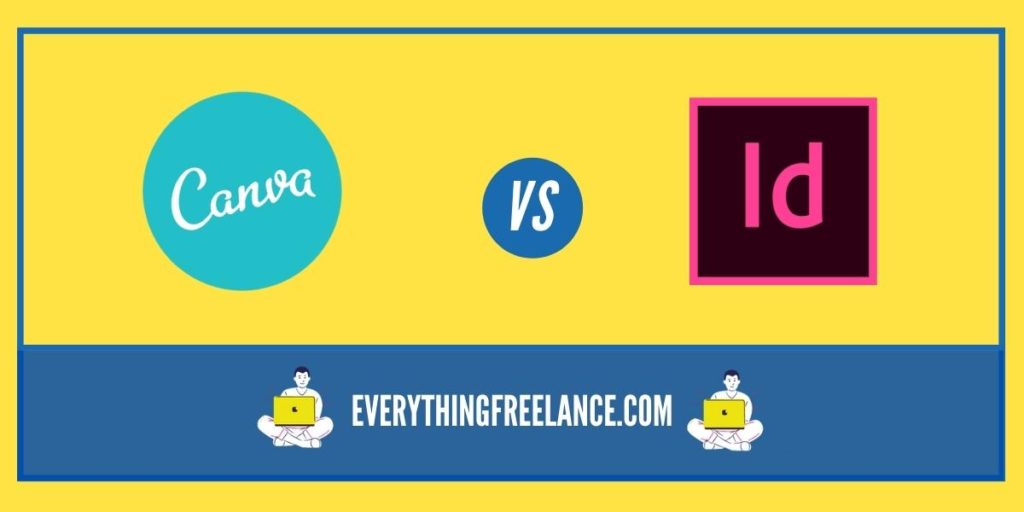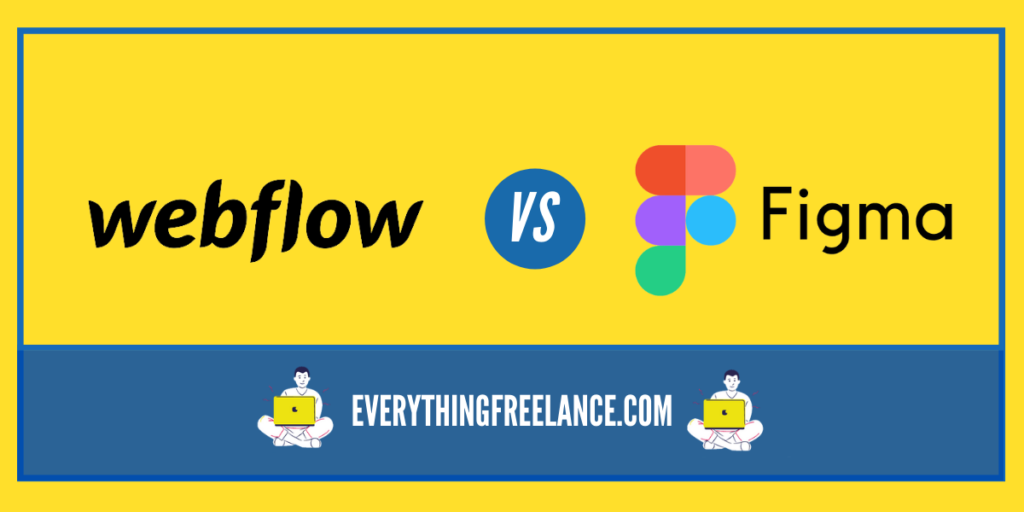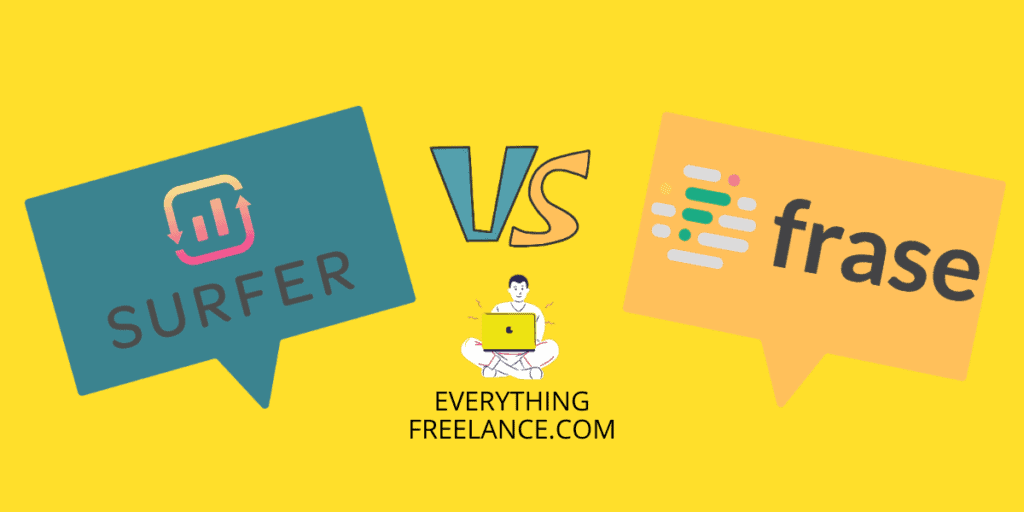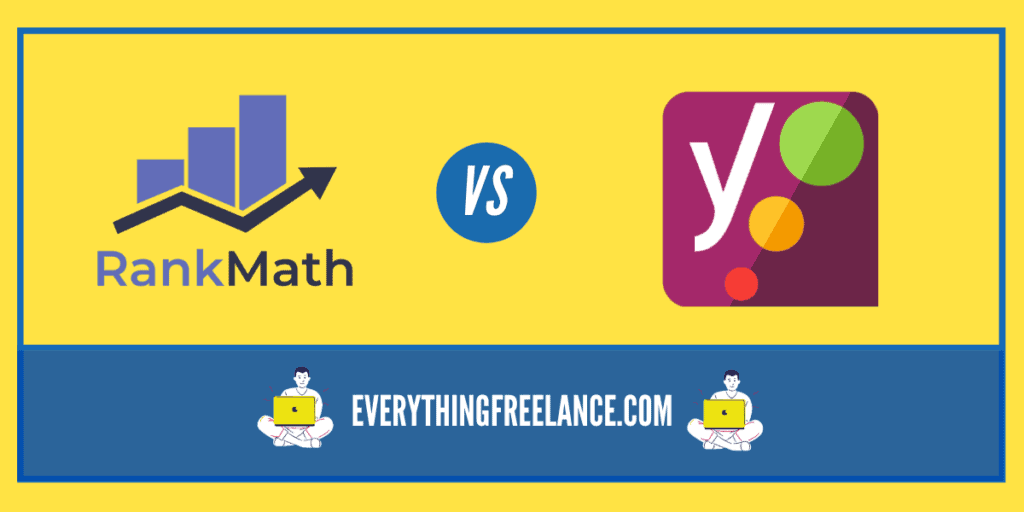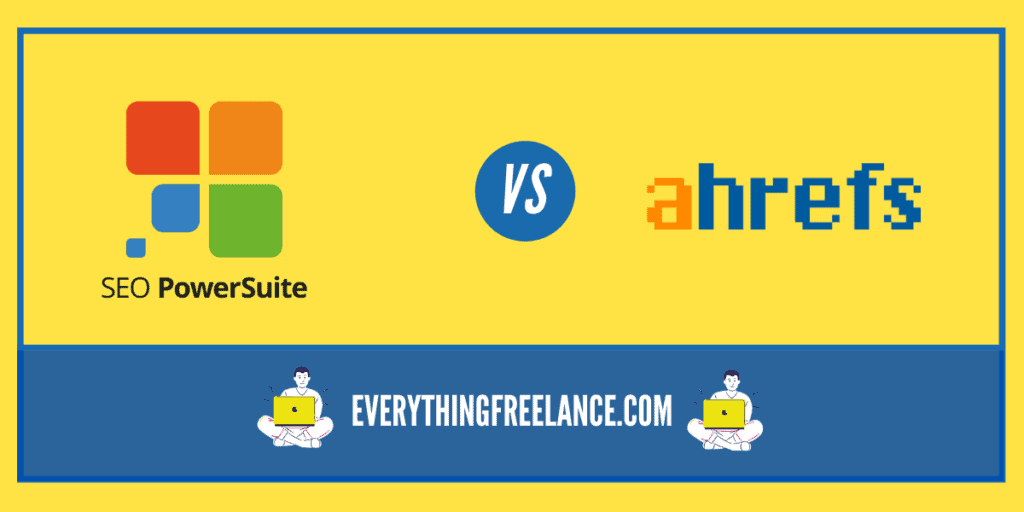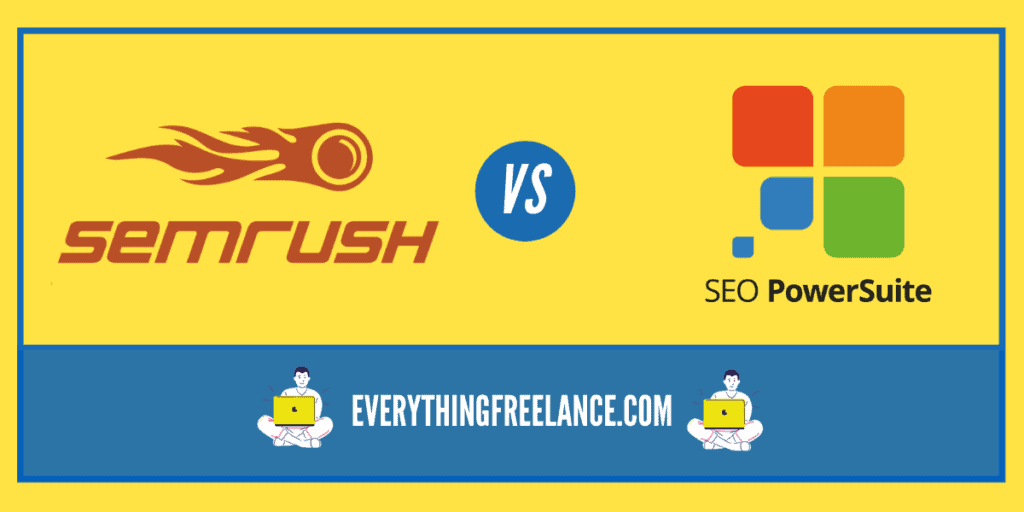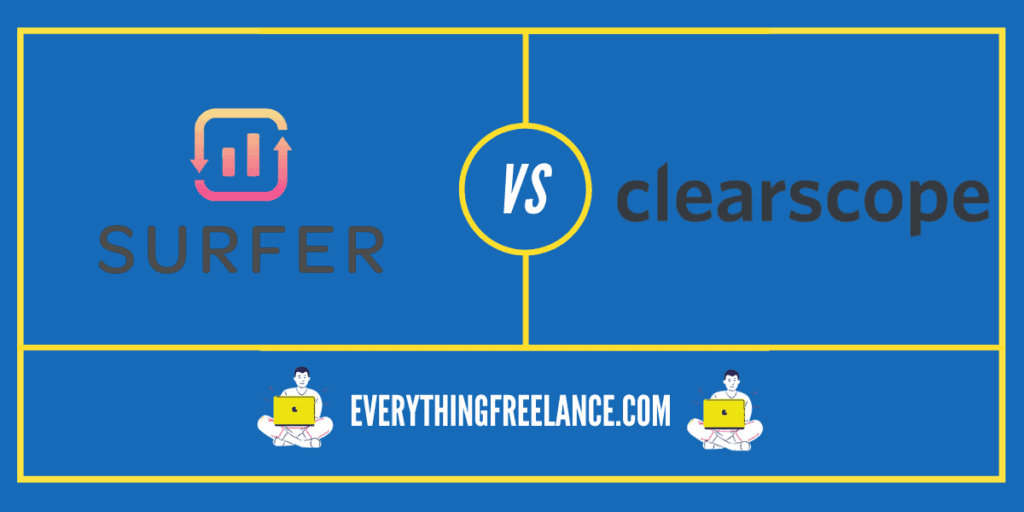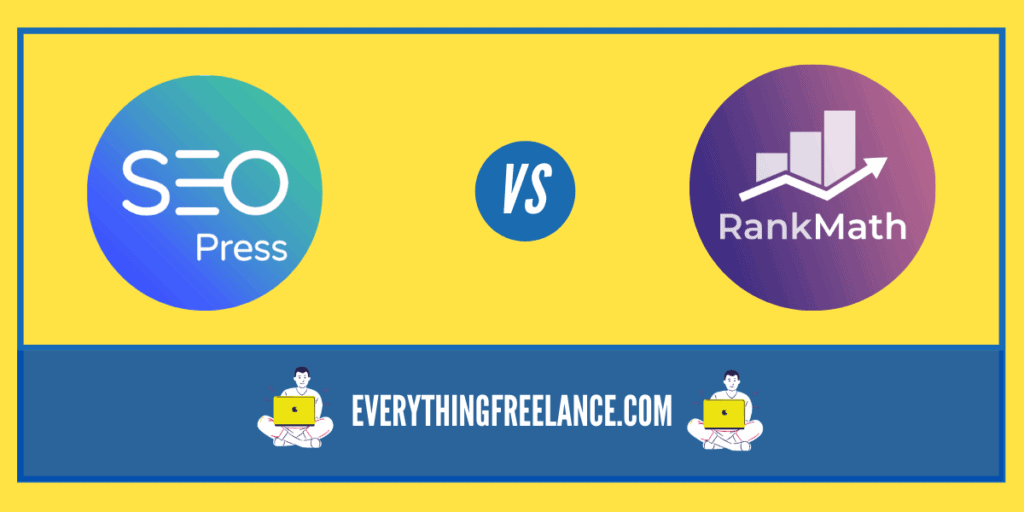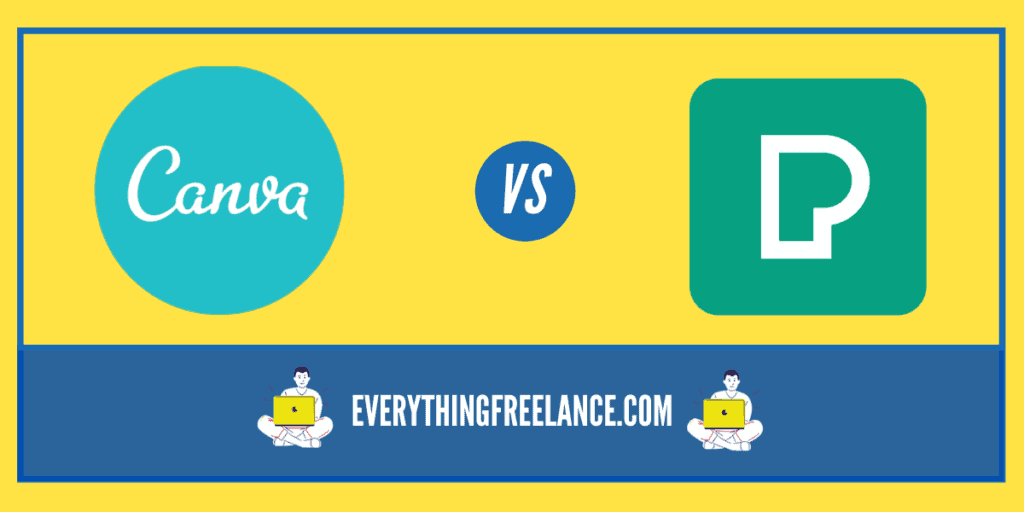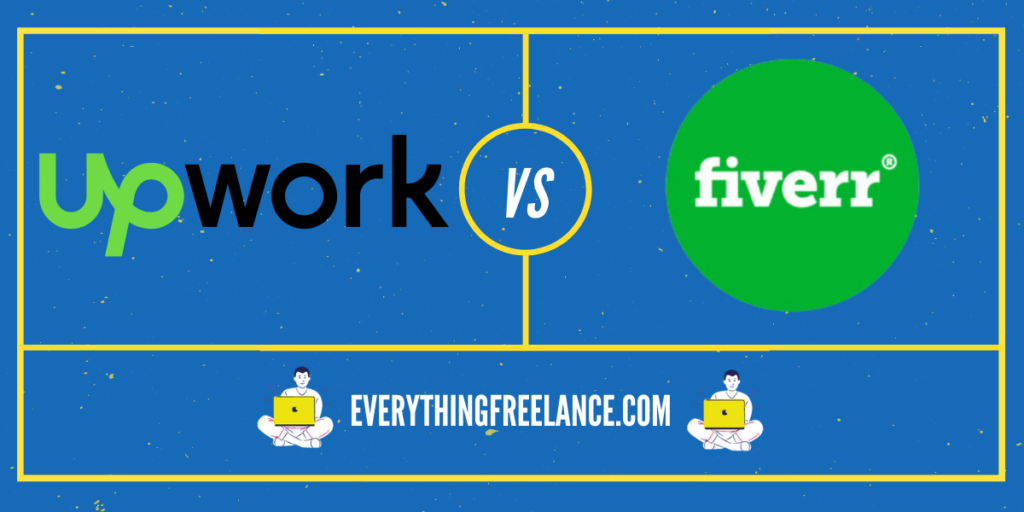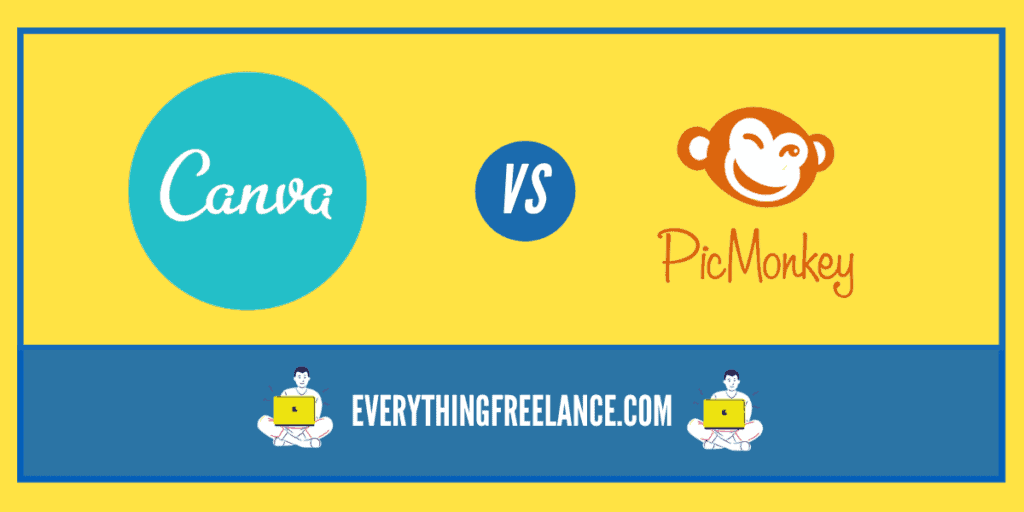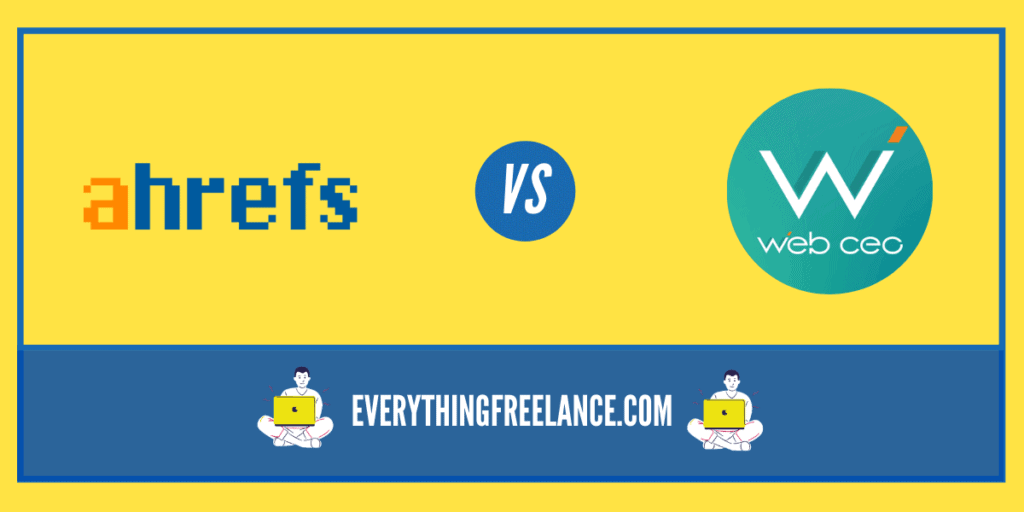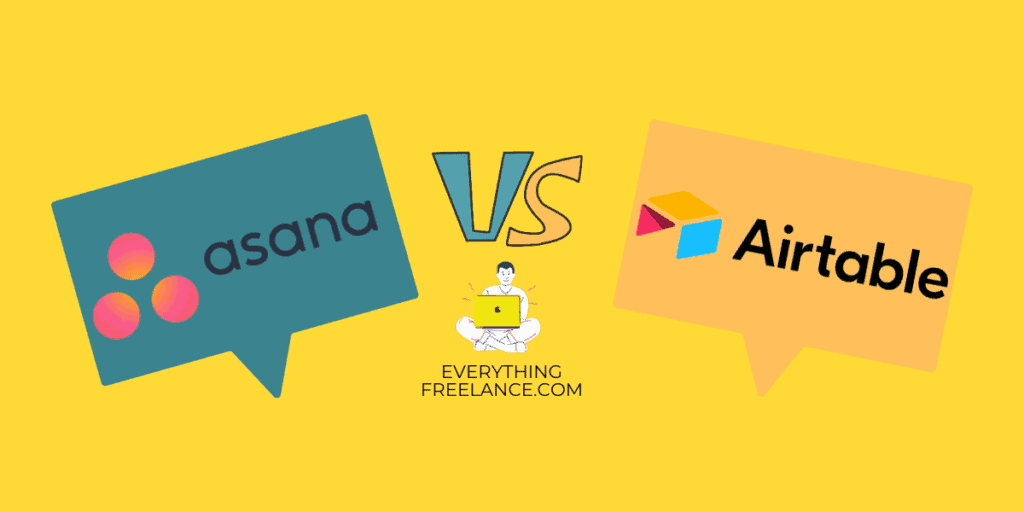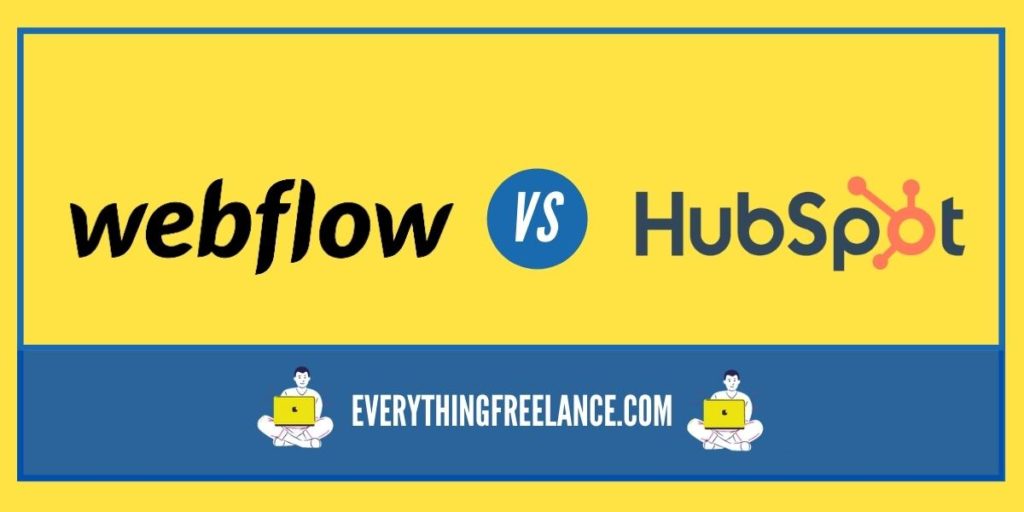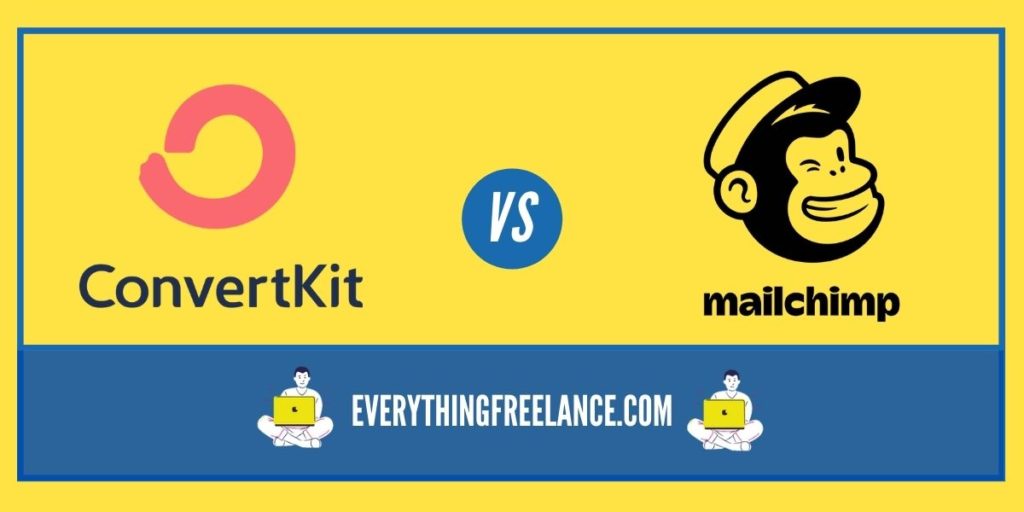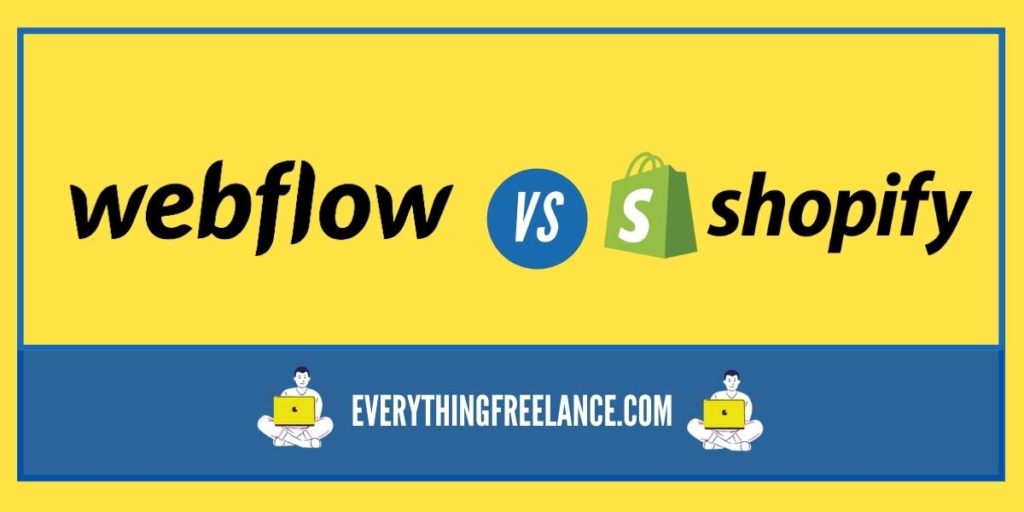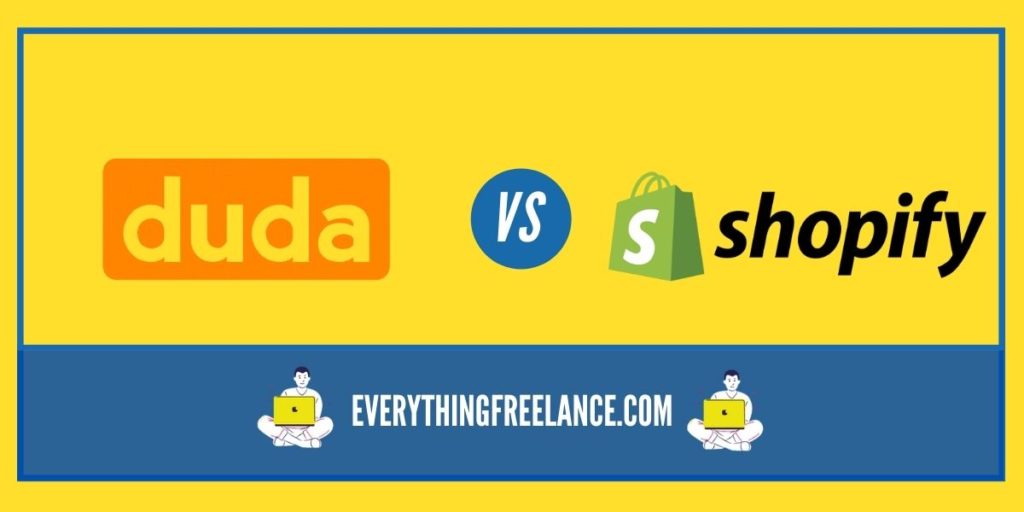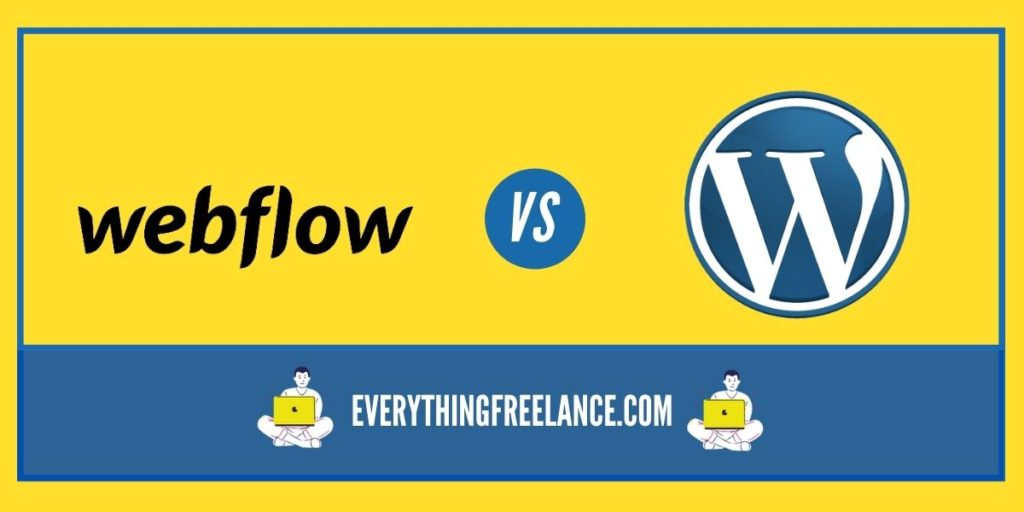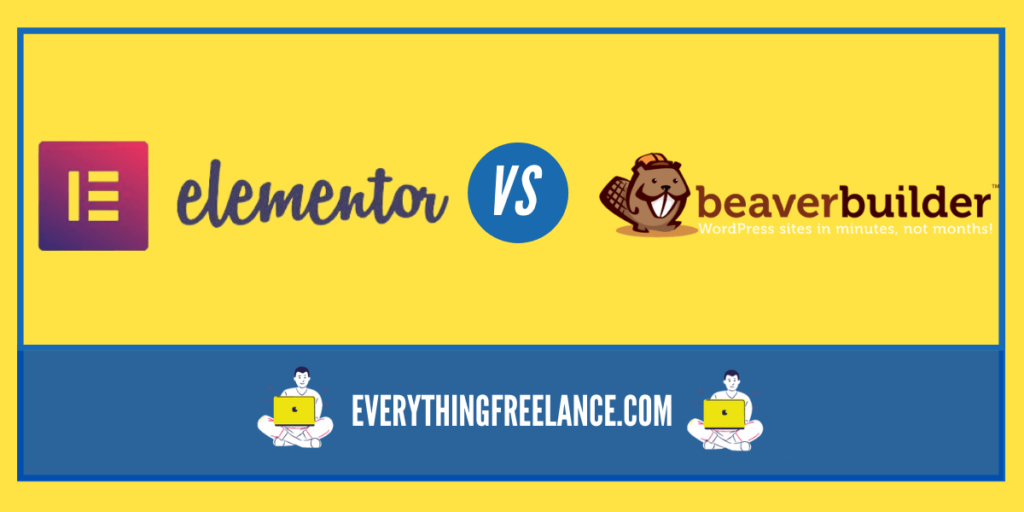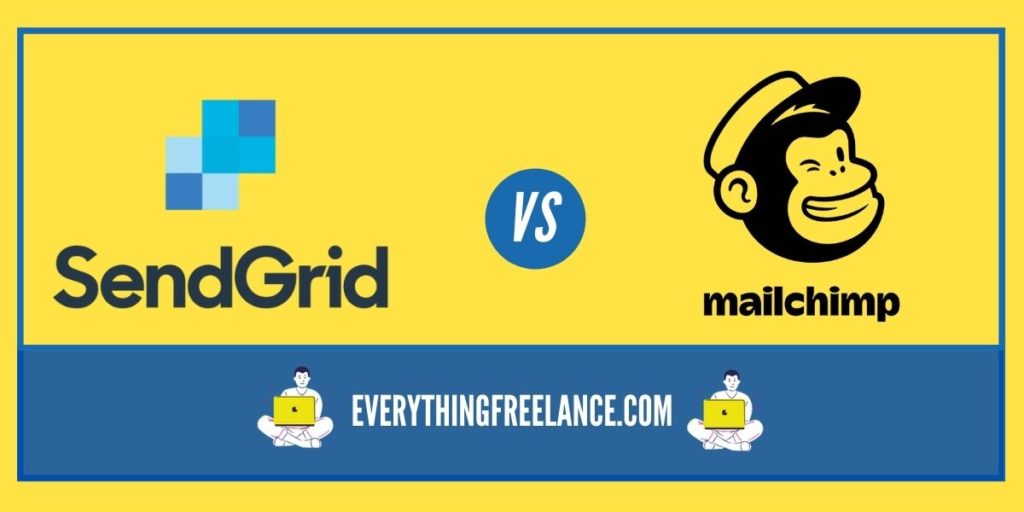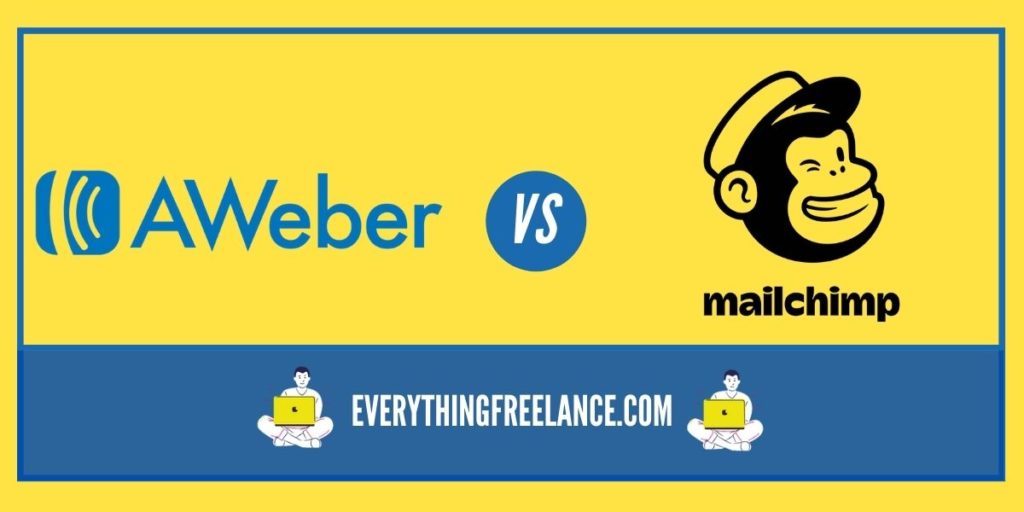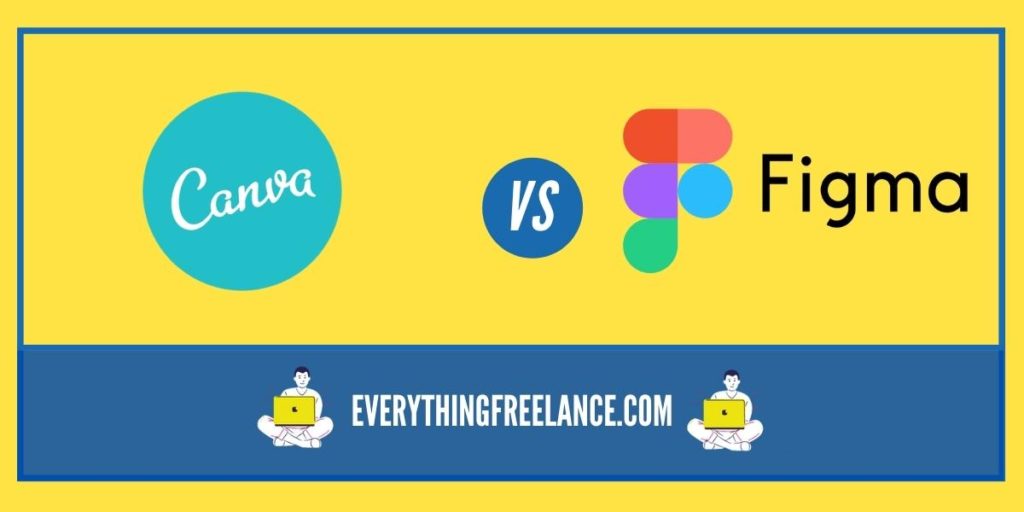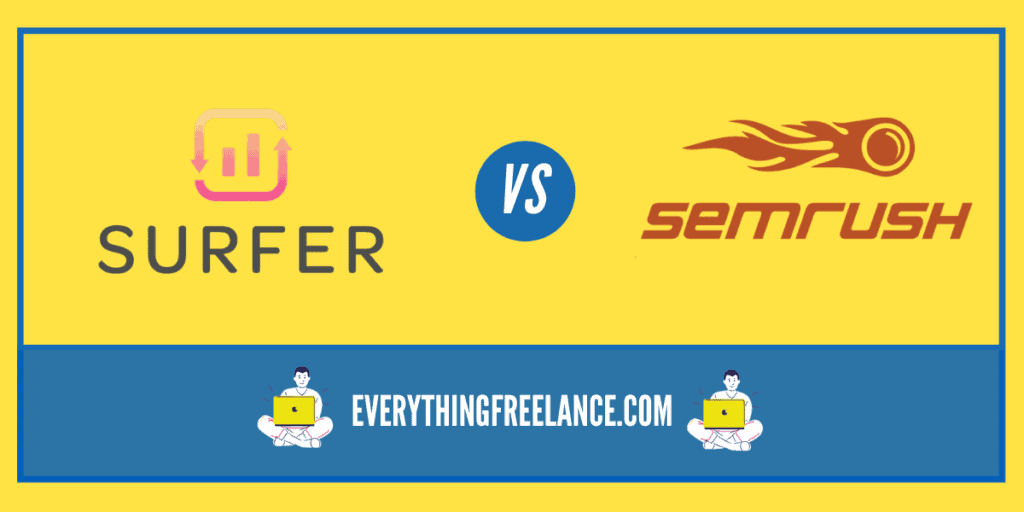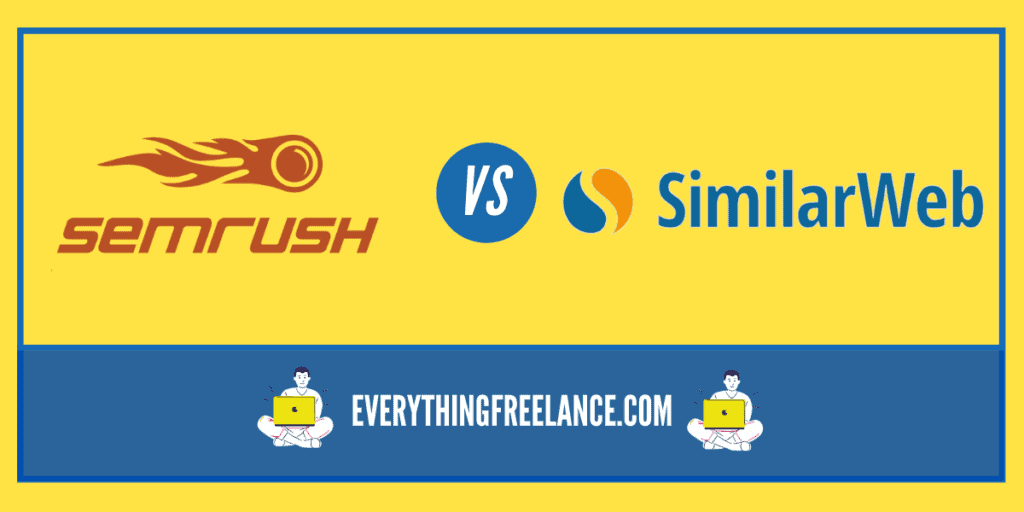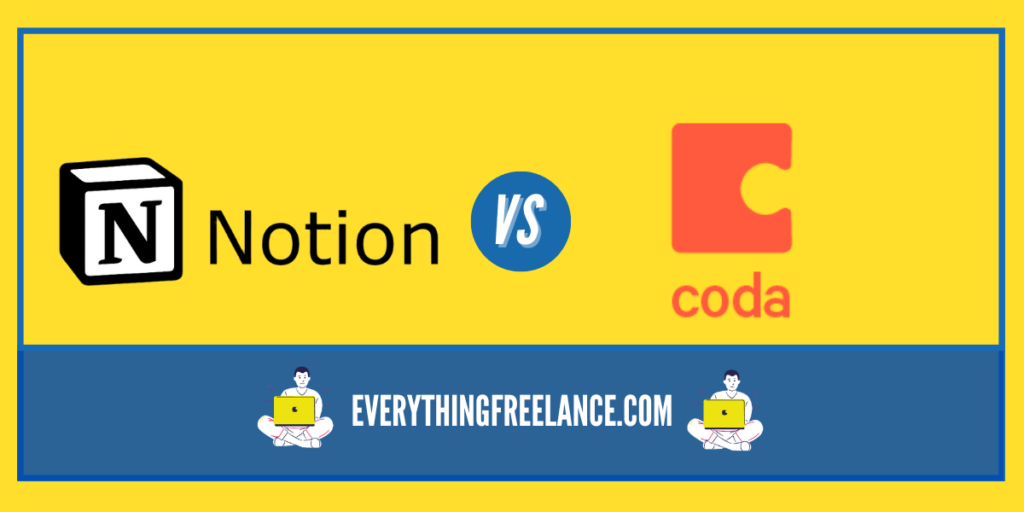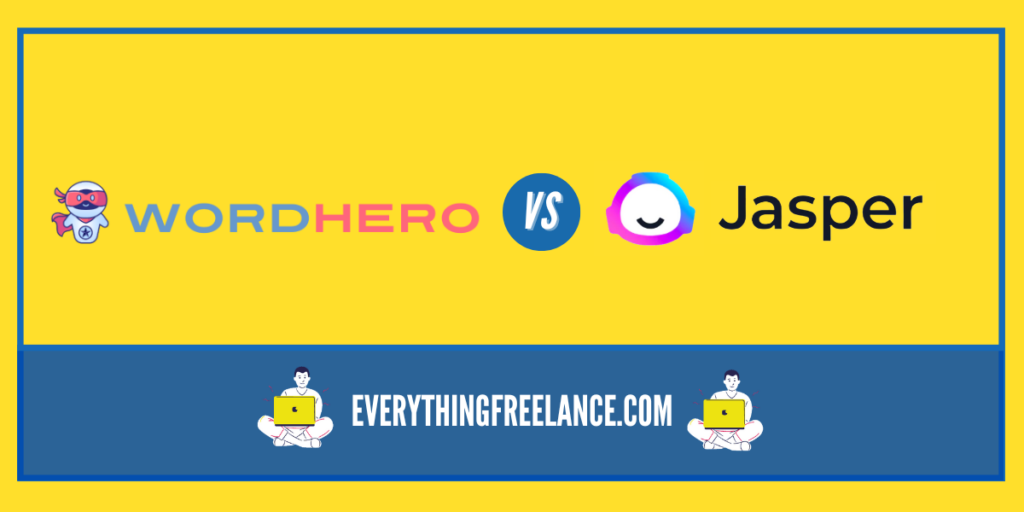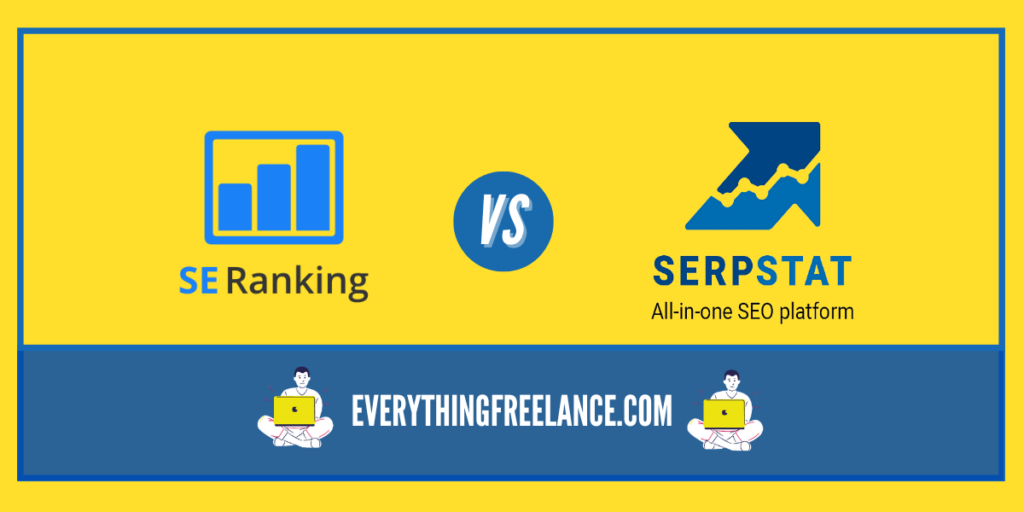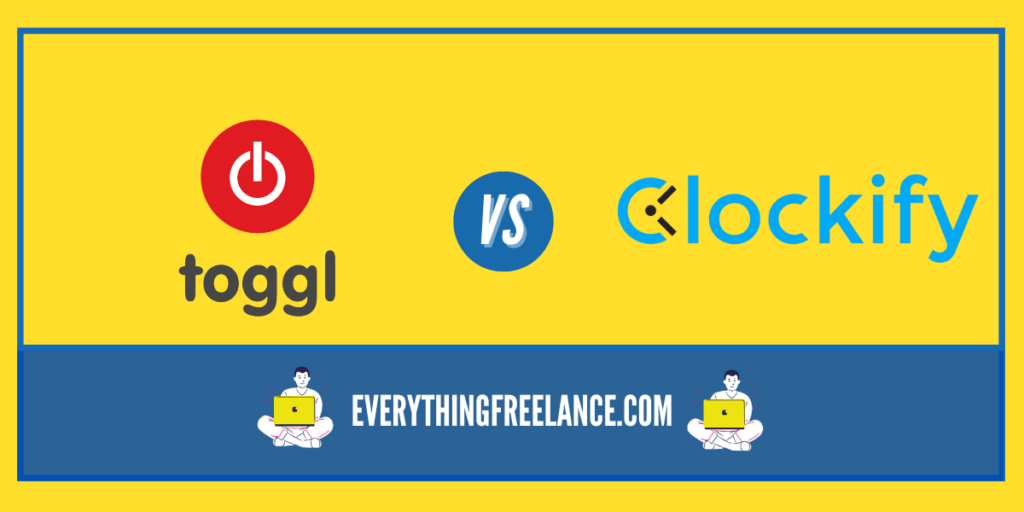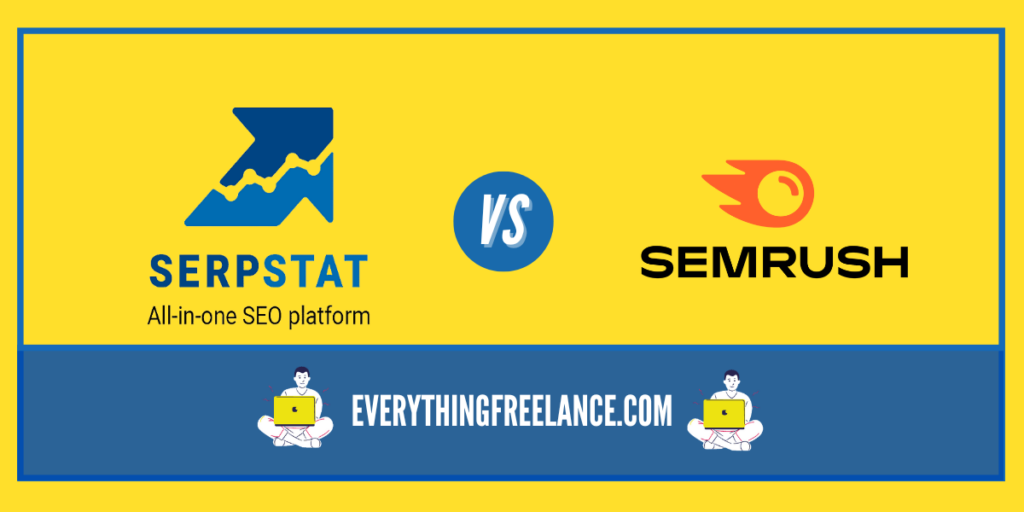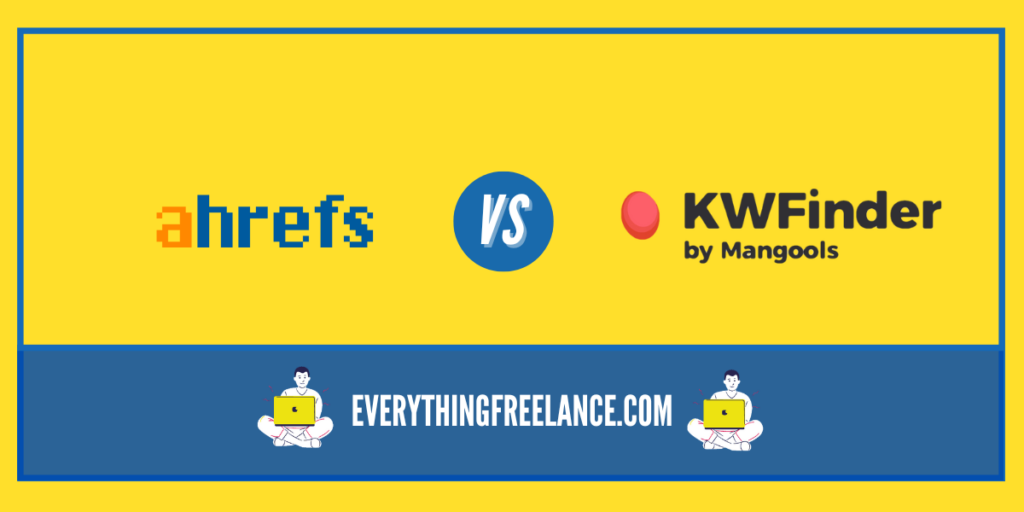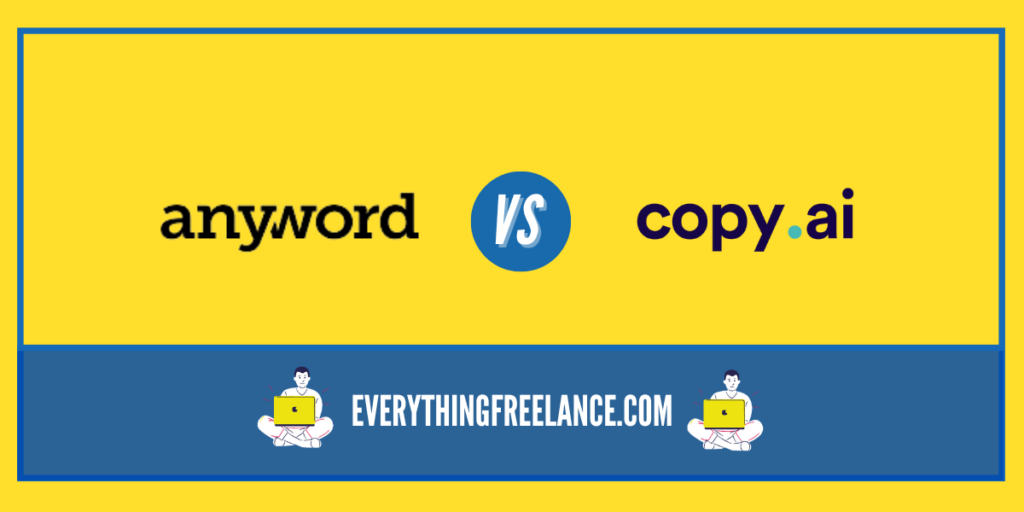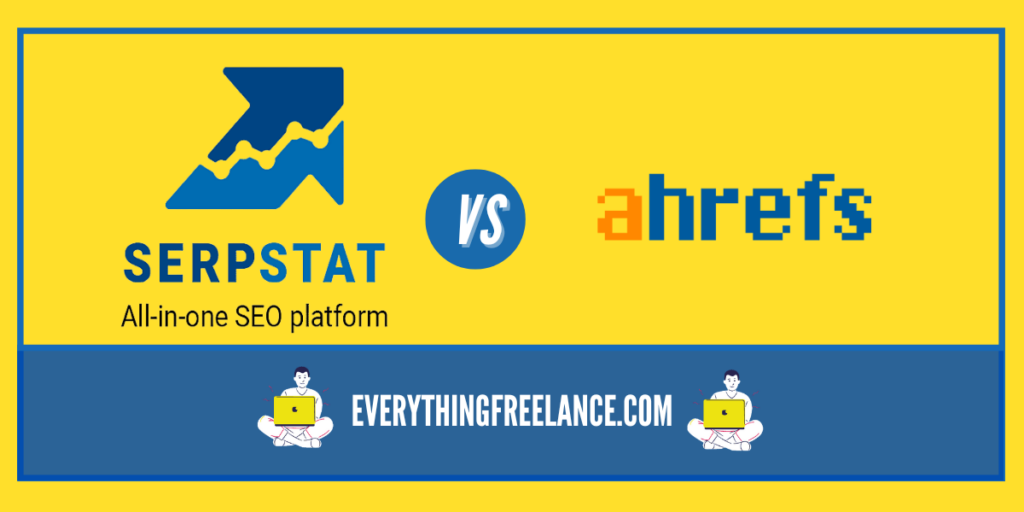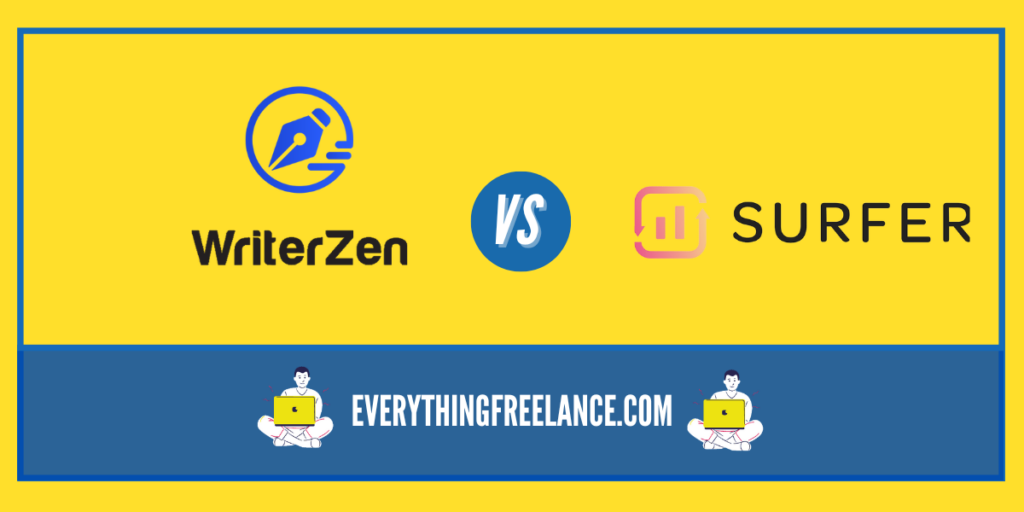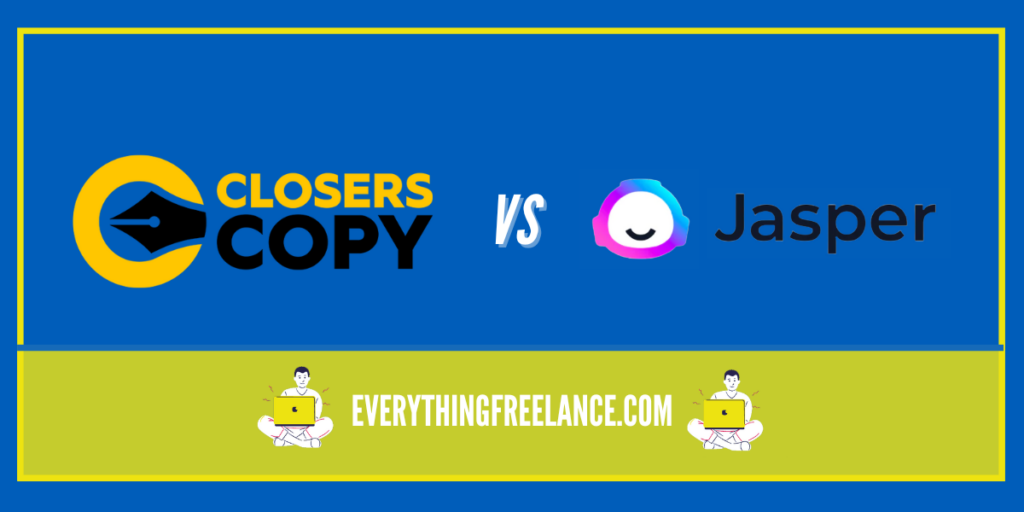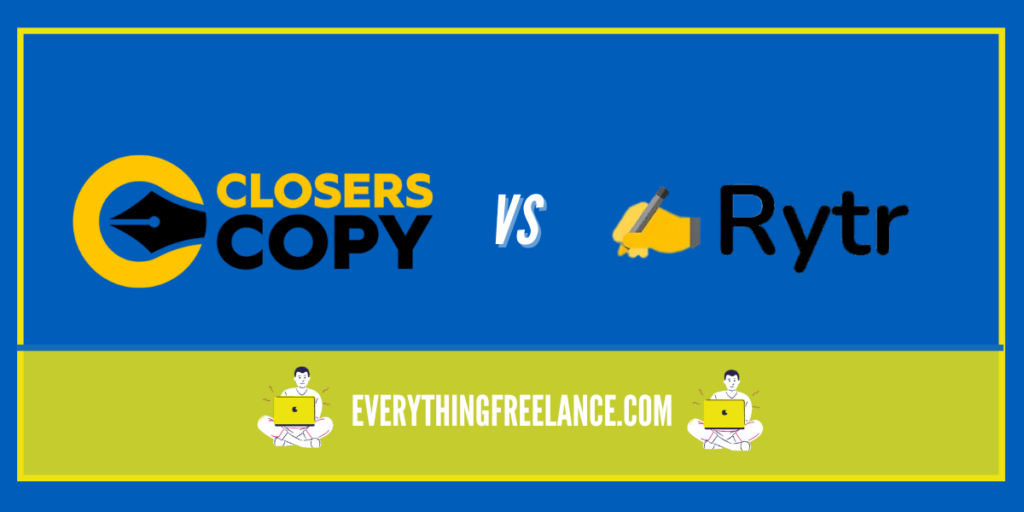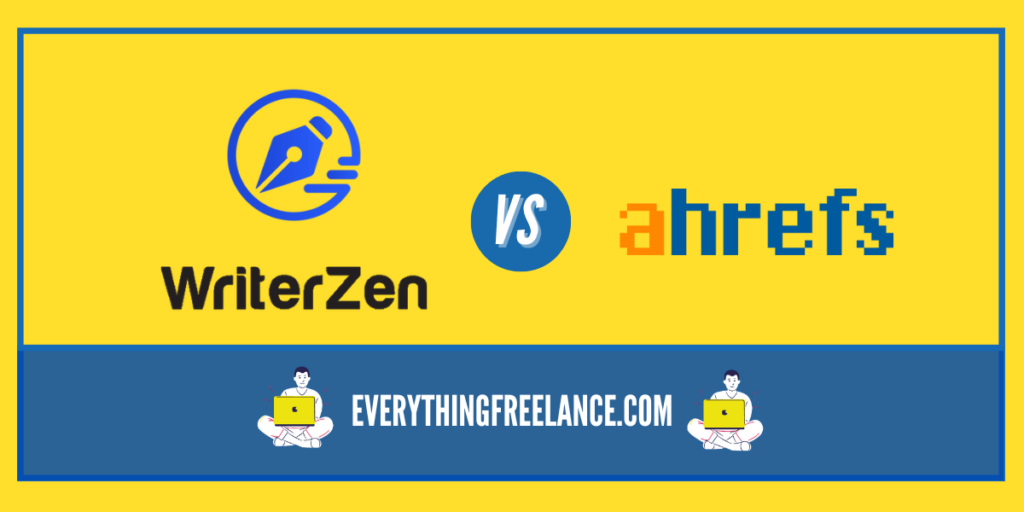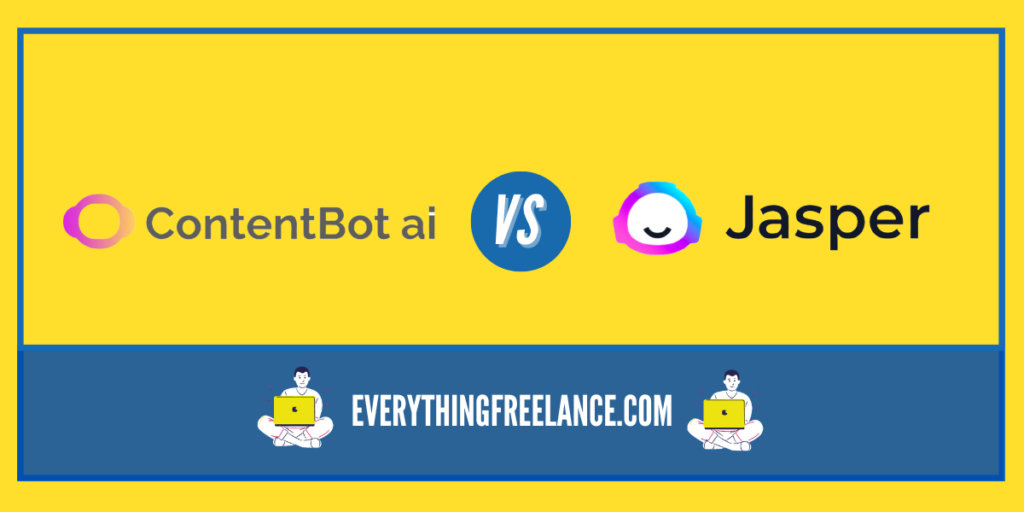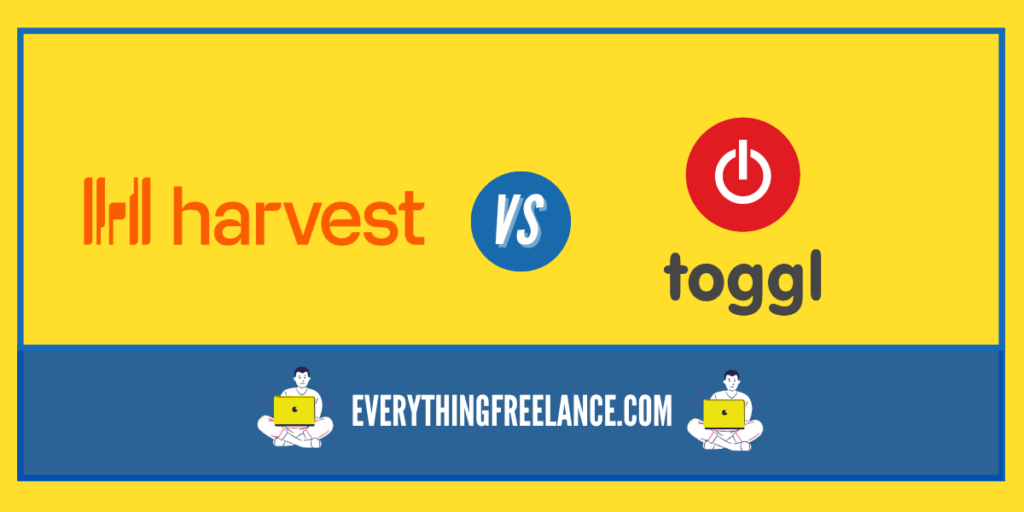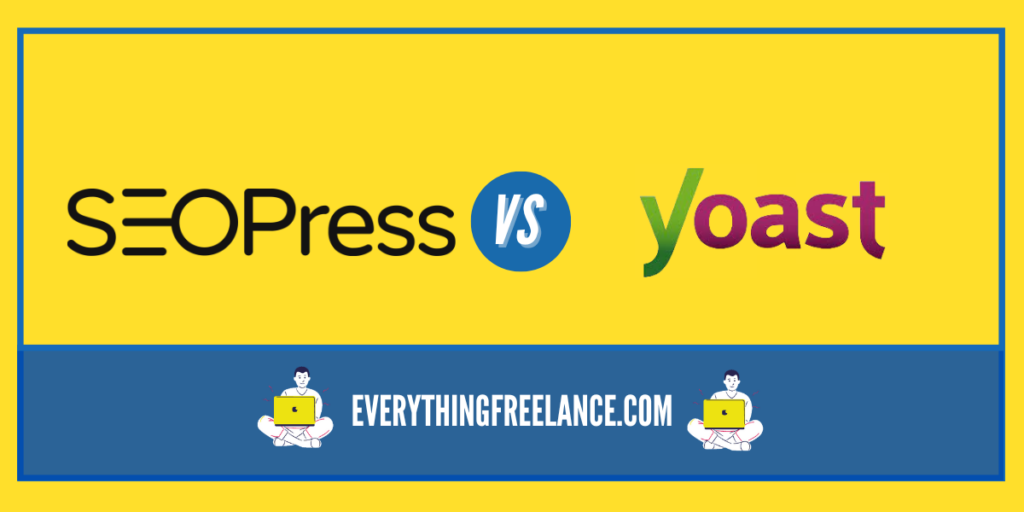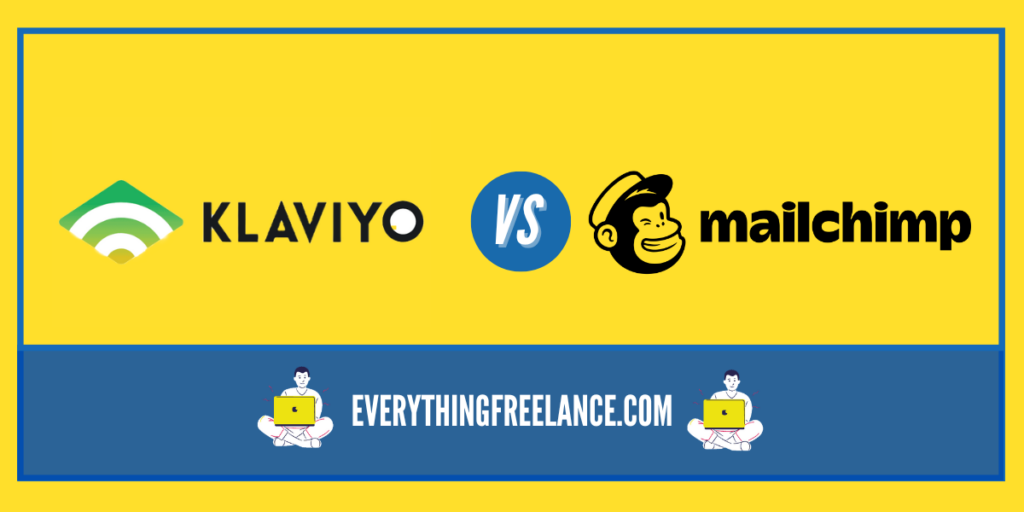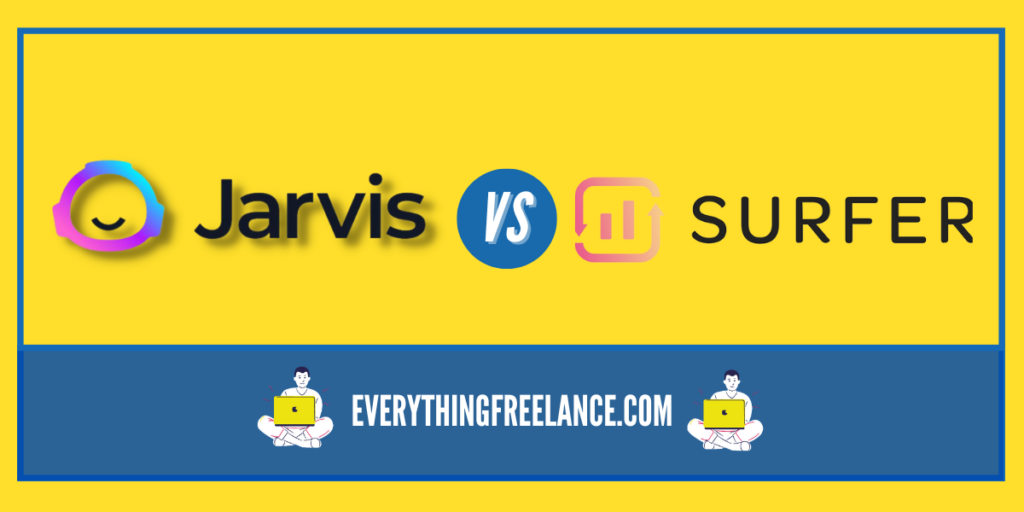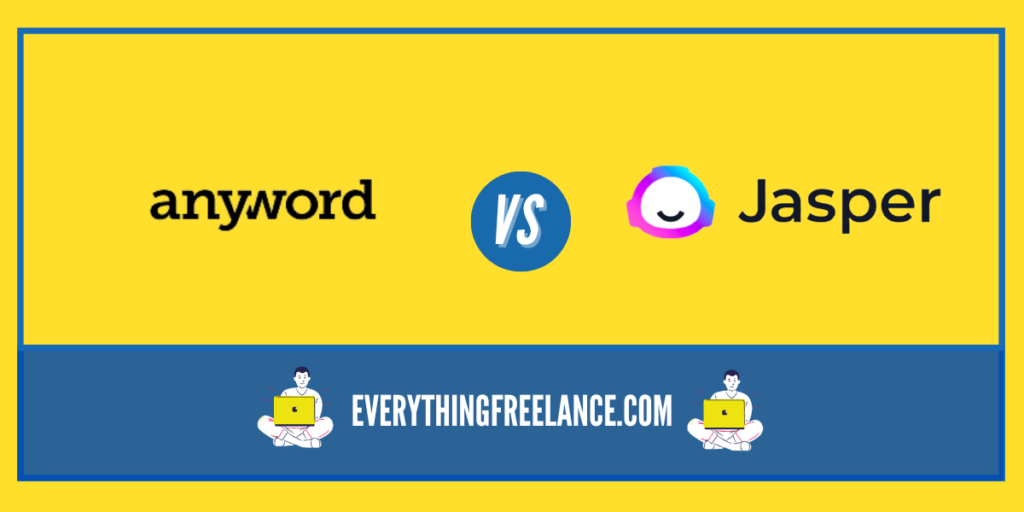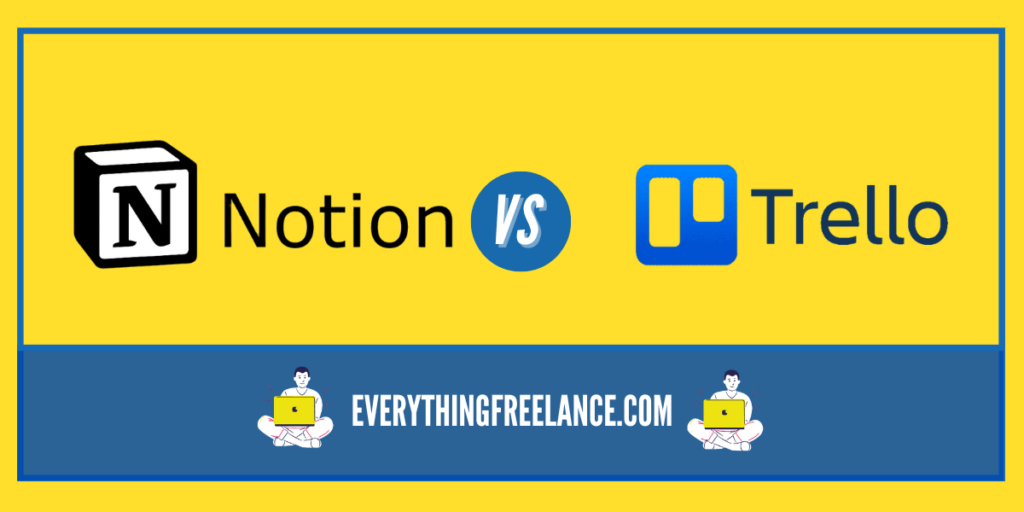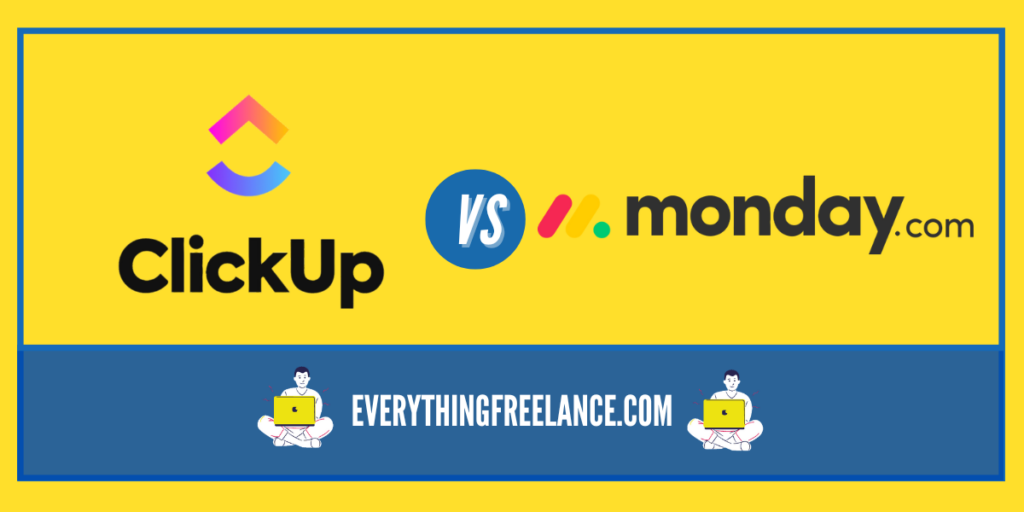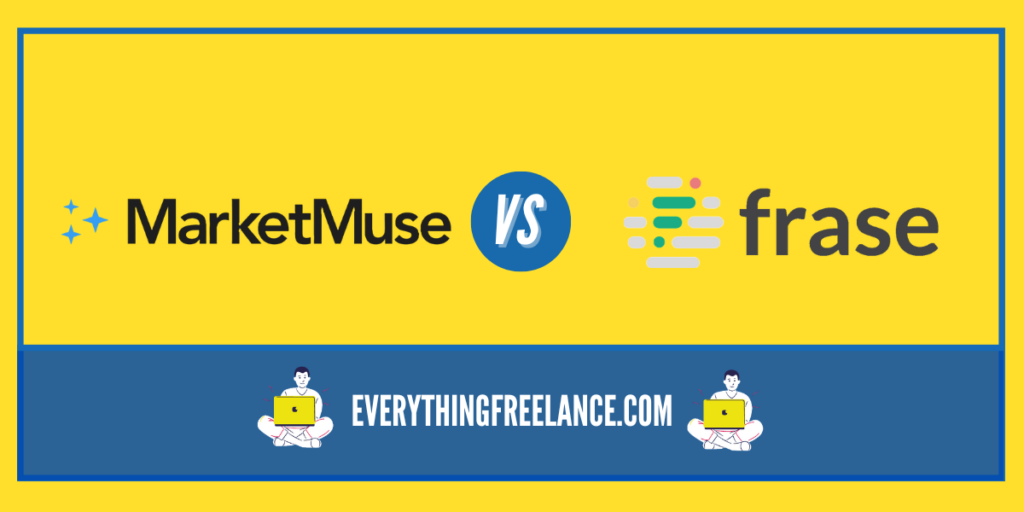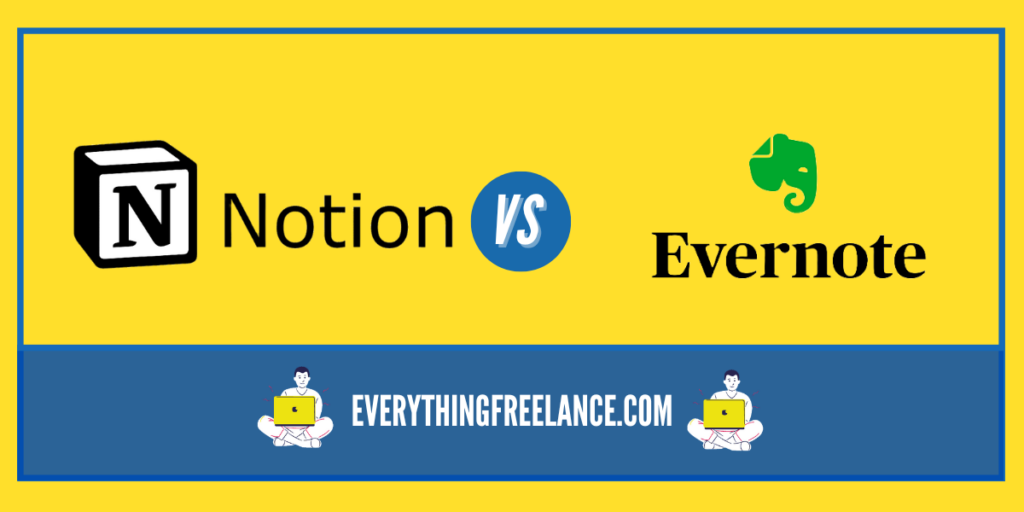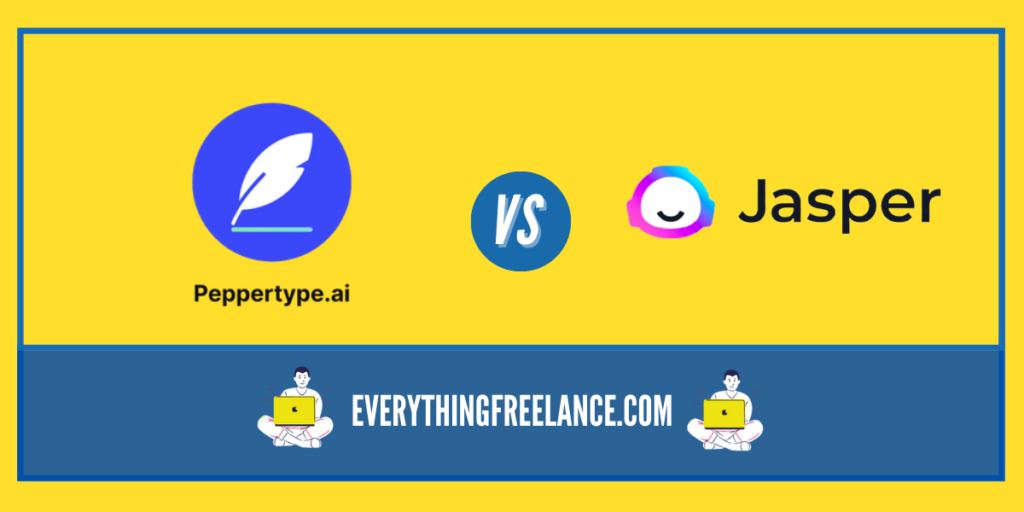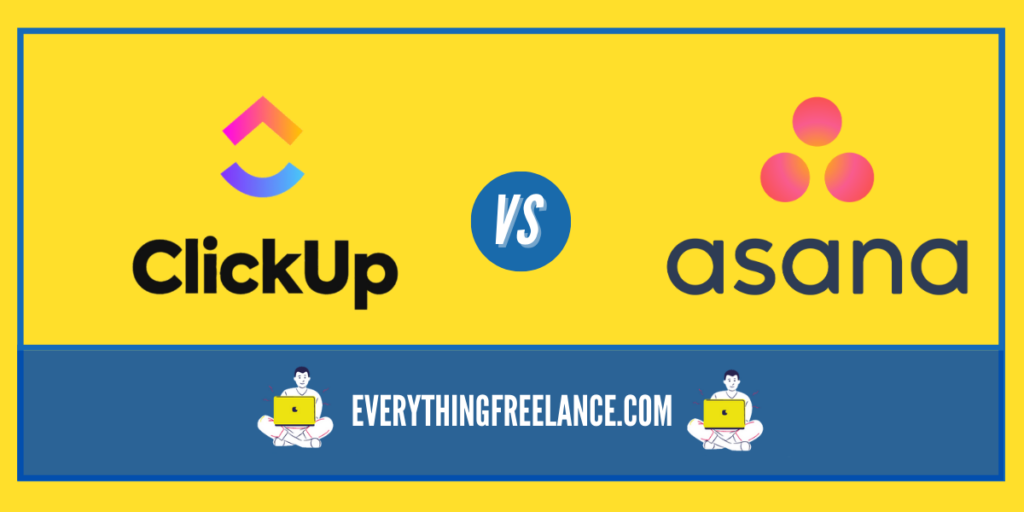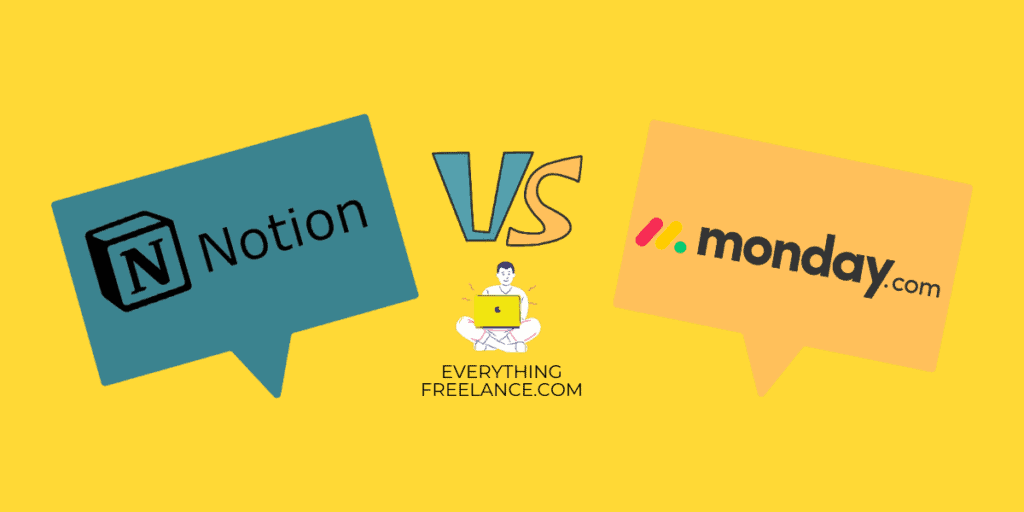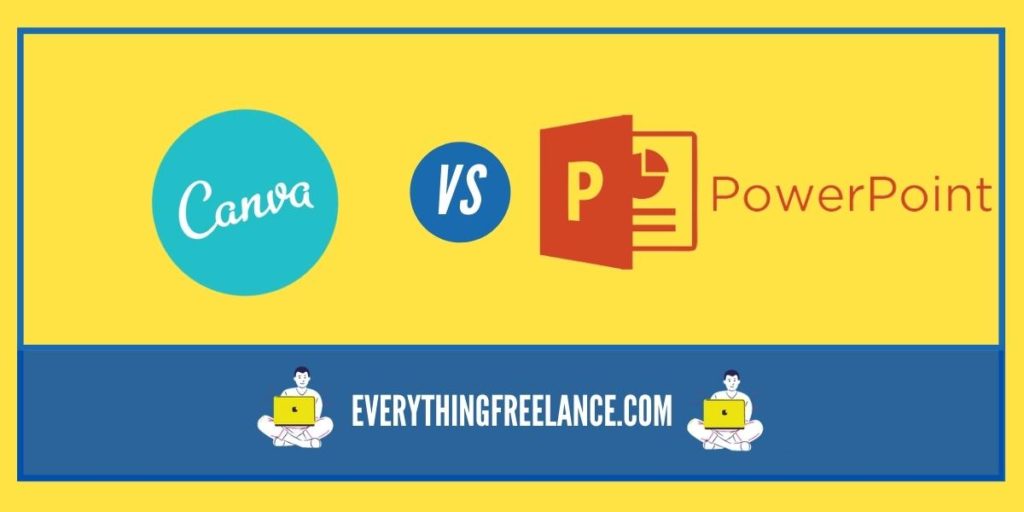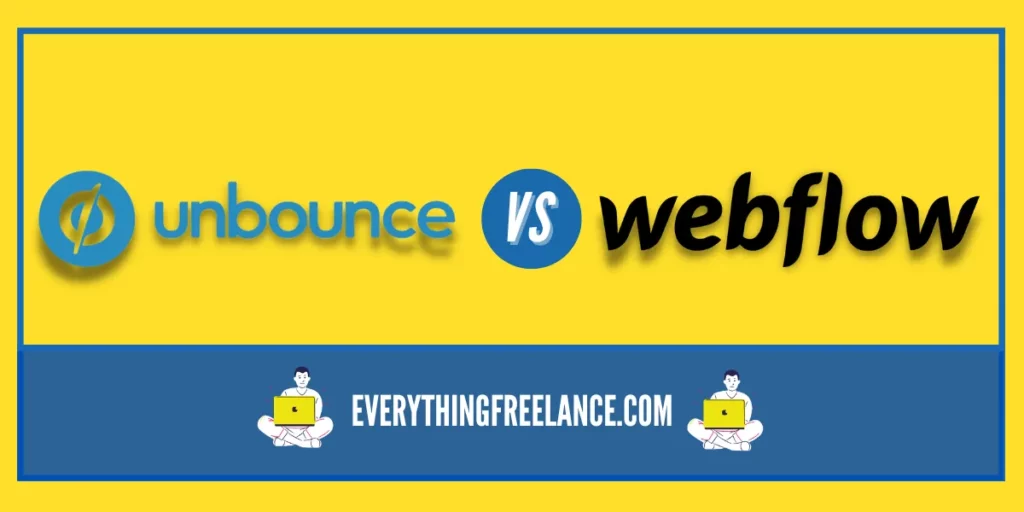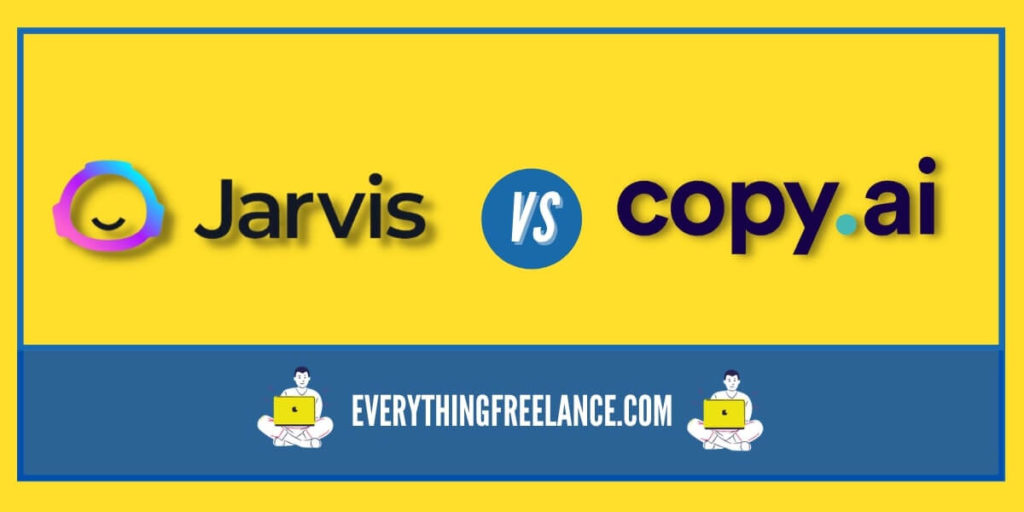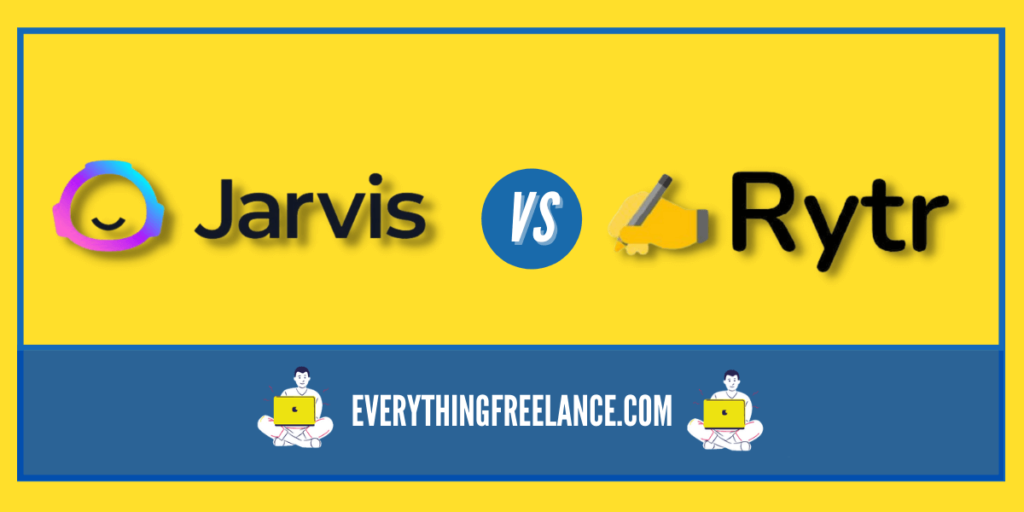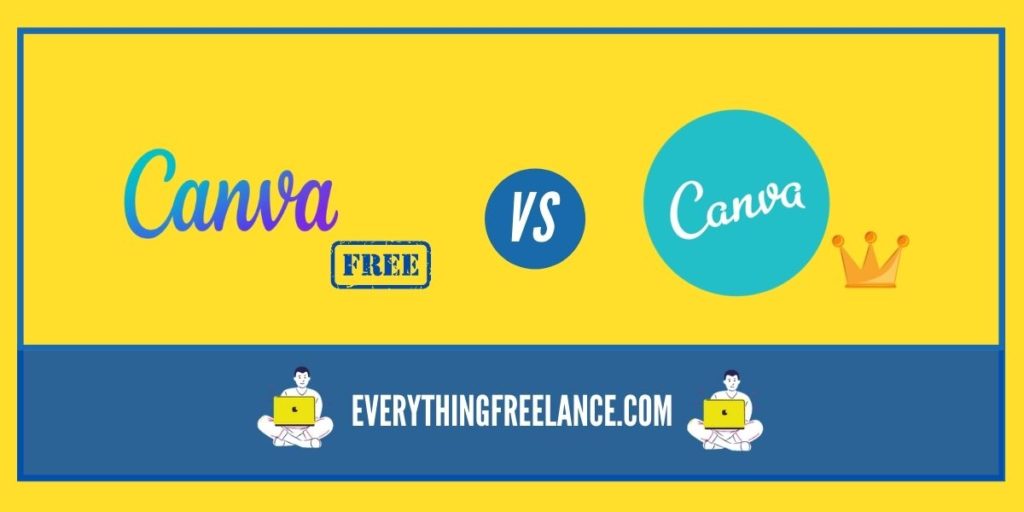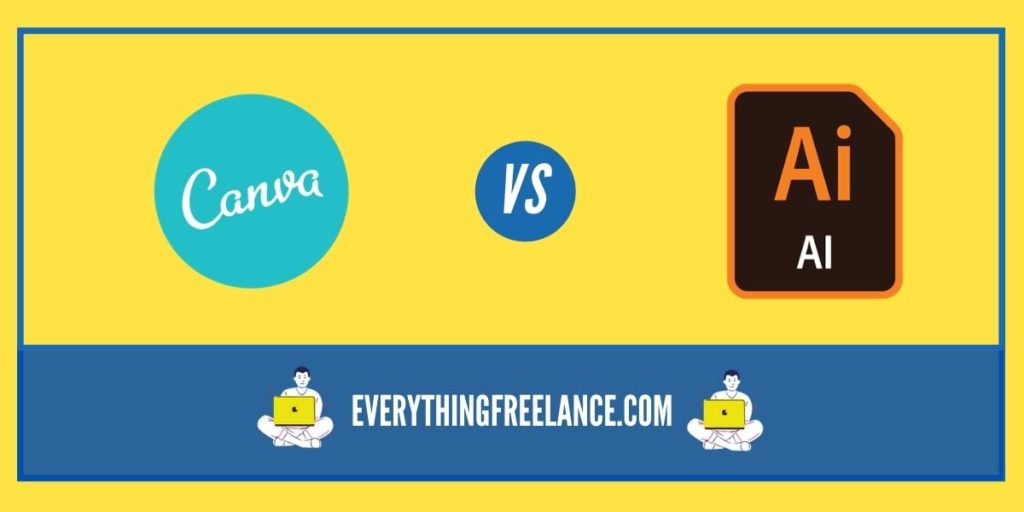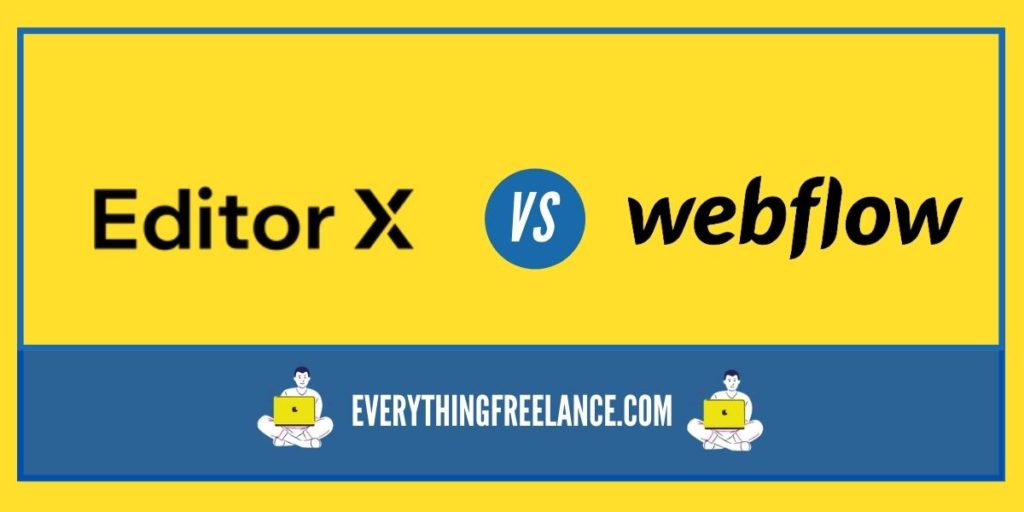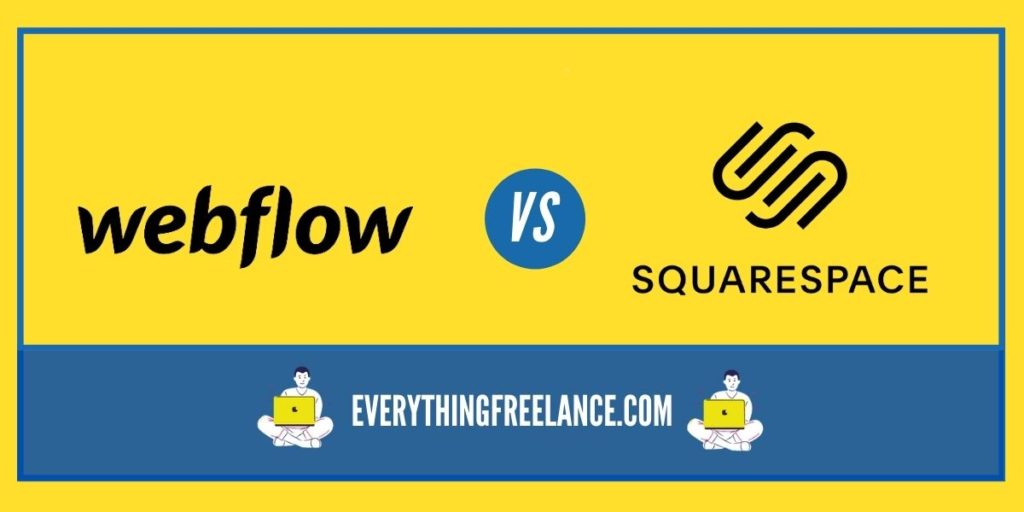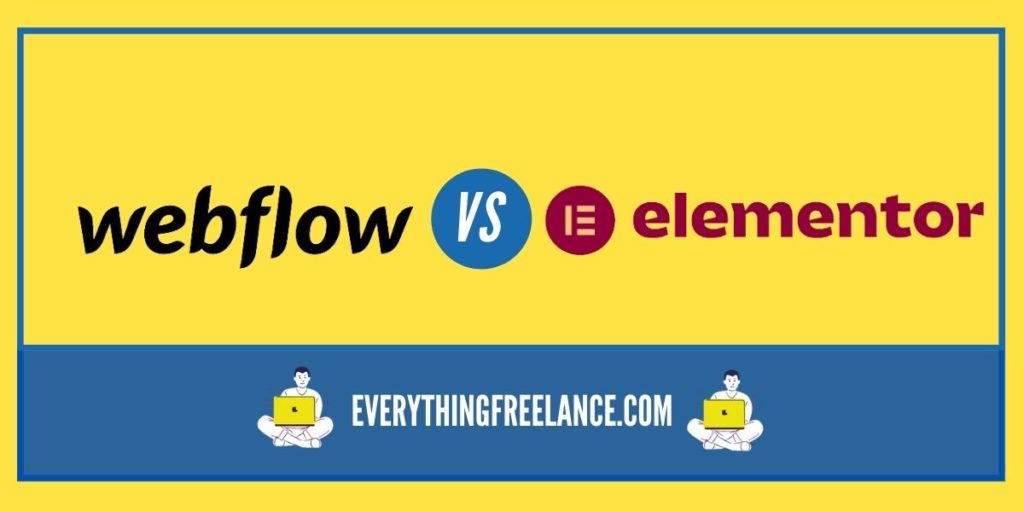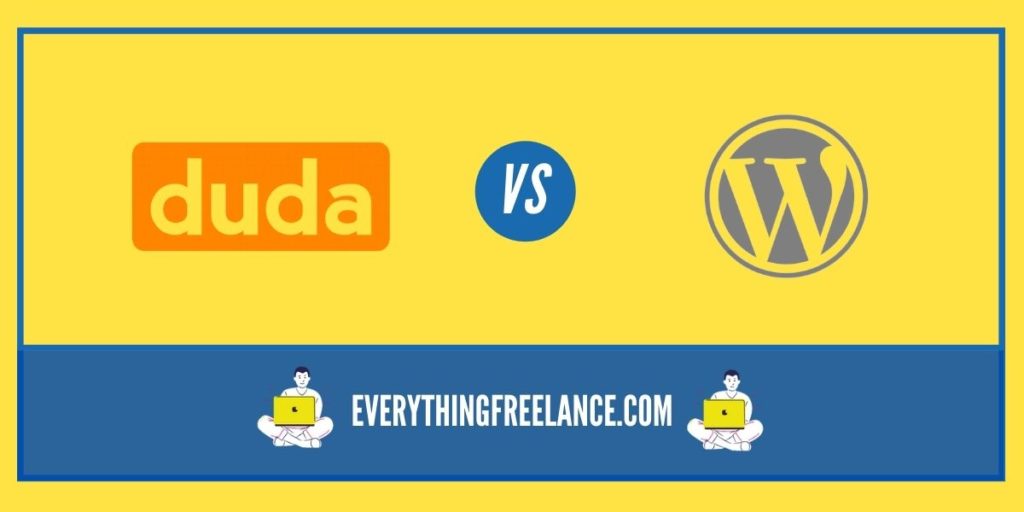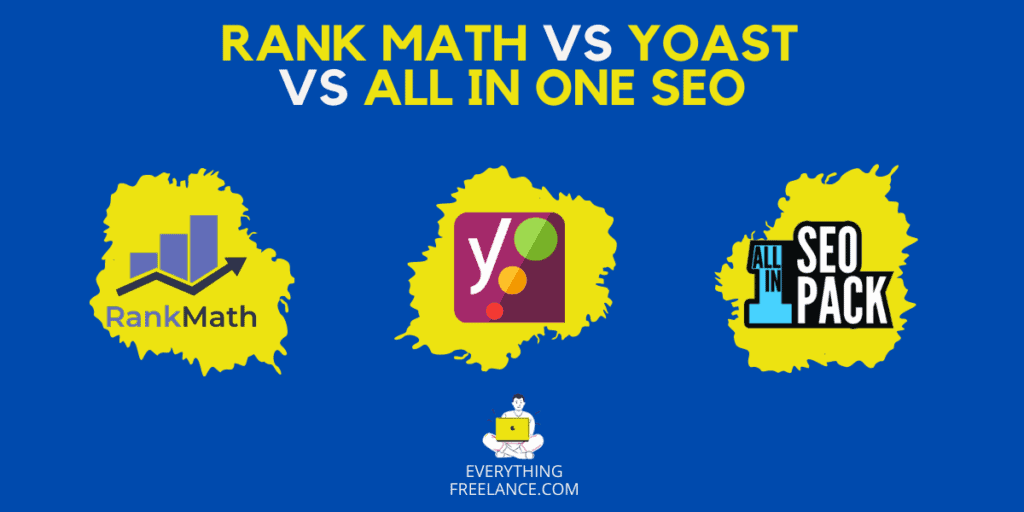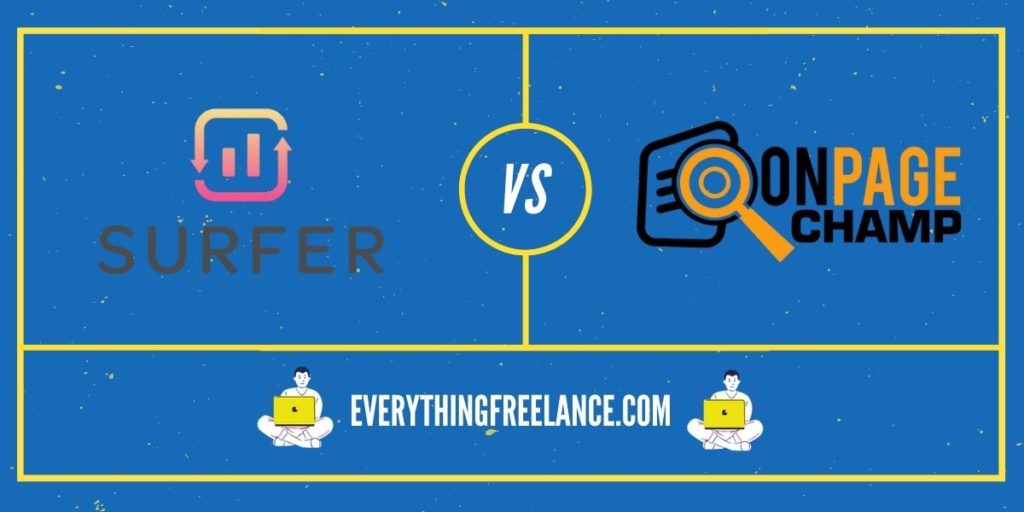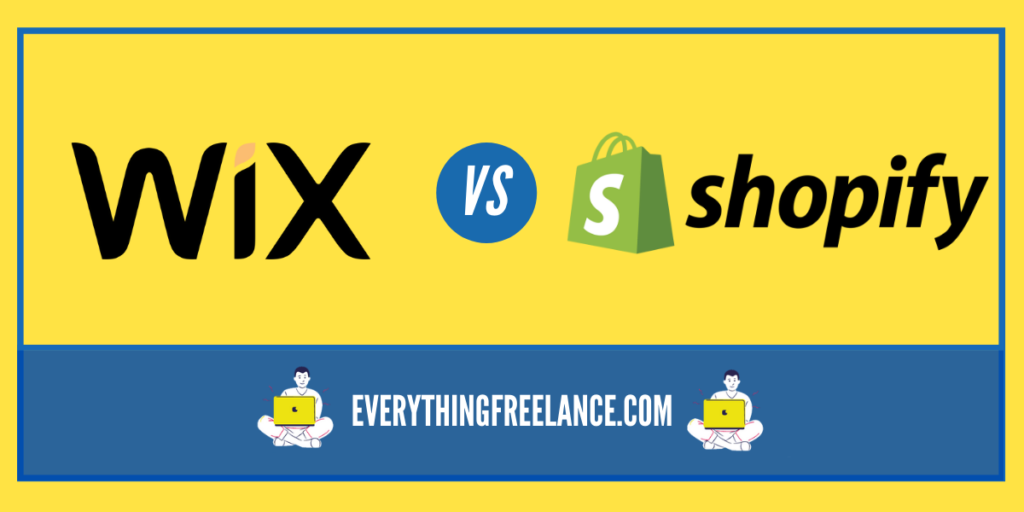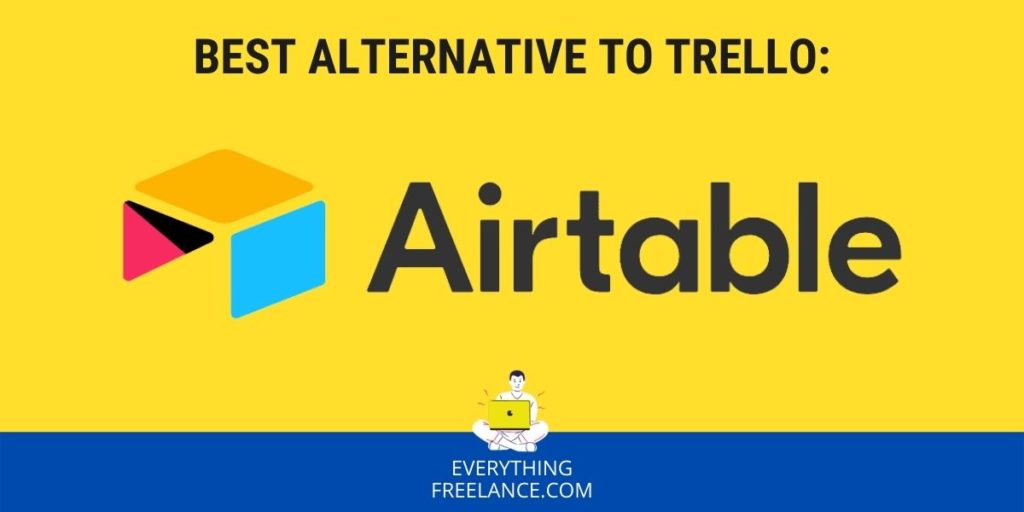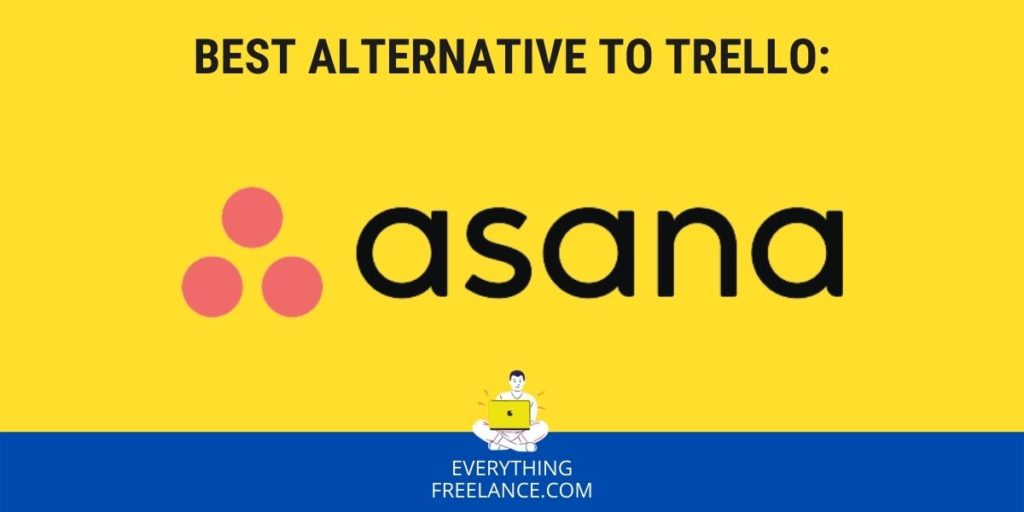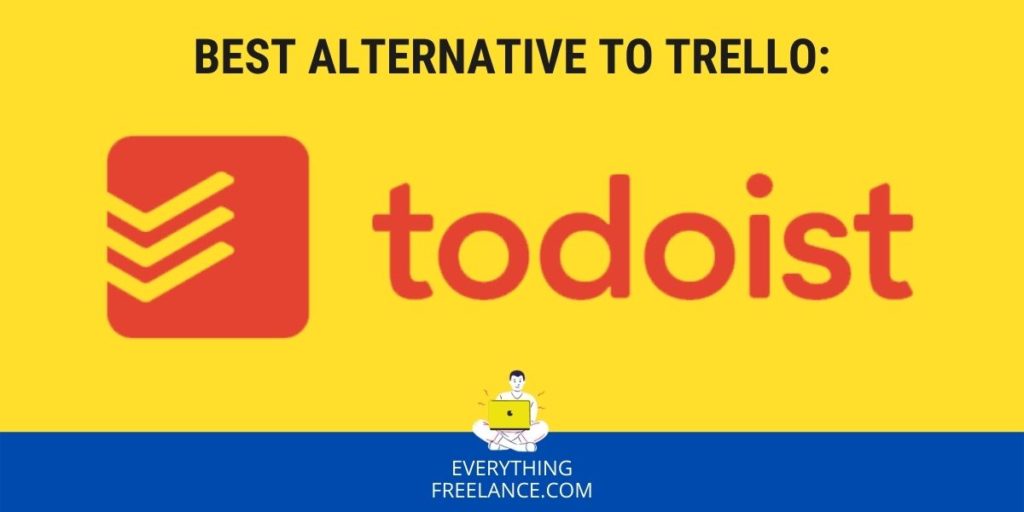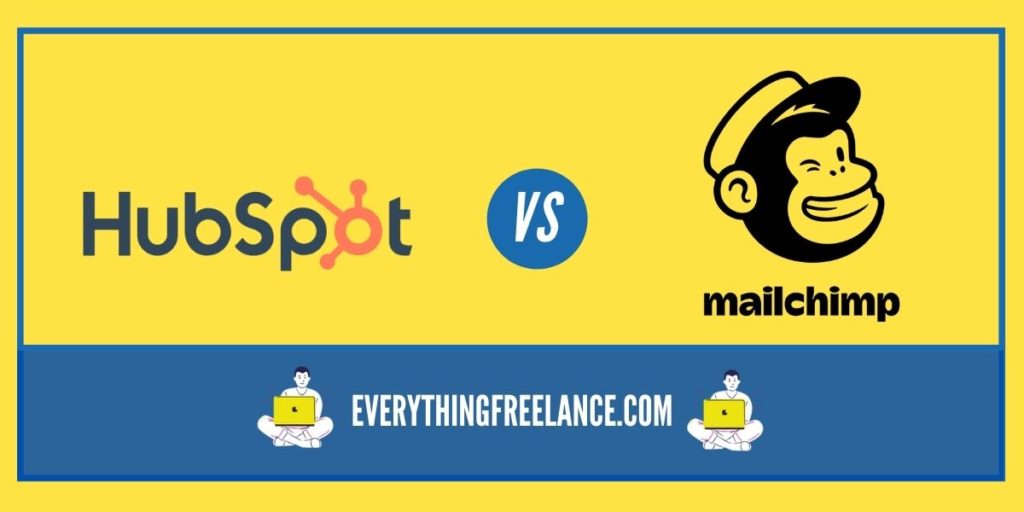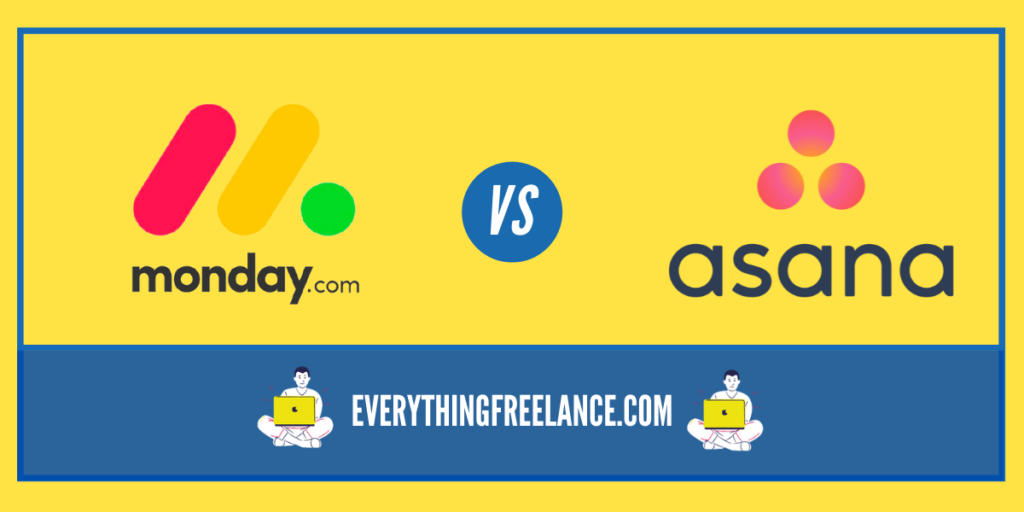Duda vs Webflow - Which One You Need
Why to Use Duda:
Ease of Use: Duda is designed to be user-friendly, making it a good choice for individuals or businesses with limited technical skills. It offers a simpler interface and template-based design that’s suitable for beginners.
Responsive Websites: Duda focuses on responsive design, ensuring that your website looks and functions well on various devices and screen sizes without much manual tweaking.
Small to Medium Businesses: Duda is well-suited for small businesses, local services, and personal websites. Its straightforward approach is convenient for those who want to quickly set up an online presence without delving into complex design or coding.
Client Management: Duda offers tools that are useful for web designers and agencies who want to manage multiple client websites efficiently through a single platform.
Why to Use Webflow:
Design Control: Webflow is tailored for designers and developers who want more control over their website’s design and interactions. It’s known for its robust design capabilities and the ability to create highly customized and visually stunning websites.
Custom Interactions and Animations: If you’re looking to create websites with intricate animations, transitions, and custom interactions, Webflow’s design tools offer more flexibility in this aspect.
E-commerce and Advanced Websites: Webflow is a better choice for complex websites, including e-commerce platforms, portfolios, and business websites with unique design and functionality requirements.
Developer-Friendly: Webflow allows for deeper integration with custom code and offers a developer-friendly environment, which can be advantageous if you have coding skills or if your website requires custom scripting.
Responsive Design with Precision: While both platforms offer responsive design, Webflow provides designers with more granular control over responsive breakpoints, making it ideal for pixel-perfect responsive designs.
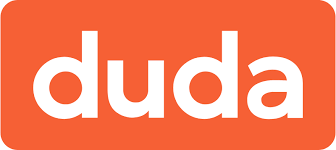
Introduction
One of the main draws of website builders like Duda is their ease of use since it’s efficient for boosting one’s own business. If website builders want to become popular, they have to either hire a web developer or learn the programming languages themselves. Now, it’s as easy going to a website like Duda or Webflow since you can look at the documentation and templates that they provide for you. Of course, the question becomes which website builder should you use?
If you don’t use Duda, what is one of the best alternatives you can try out instead? To answer that question, it’s advisable to compare what each brand brings to the table.
Webflow vs Duda: Pricing and Plans Compared
One of the most impressive traits of Webflow is that you can use it for free. There is no trial or anything else that tethers a person down, like credit cards and the like. Instead, you only pay when you need to go live. When you go live, it means anybody around the world can view the website. Otherwise, you can continue to work on a local website for free with Webflow, although going live has far more benefits.
To better understand the Duda vs. Webflow debate, it’s important to look at both of their prices. Generally, Webflow is better than Duda in this regard. Duda’s plans are as follows:
- Basic plan is $14 a month
- Team plan is $22 a month
- Agency plan is $44 a month
- Custom plan varies
- 14-day free trial
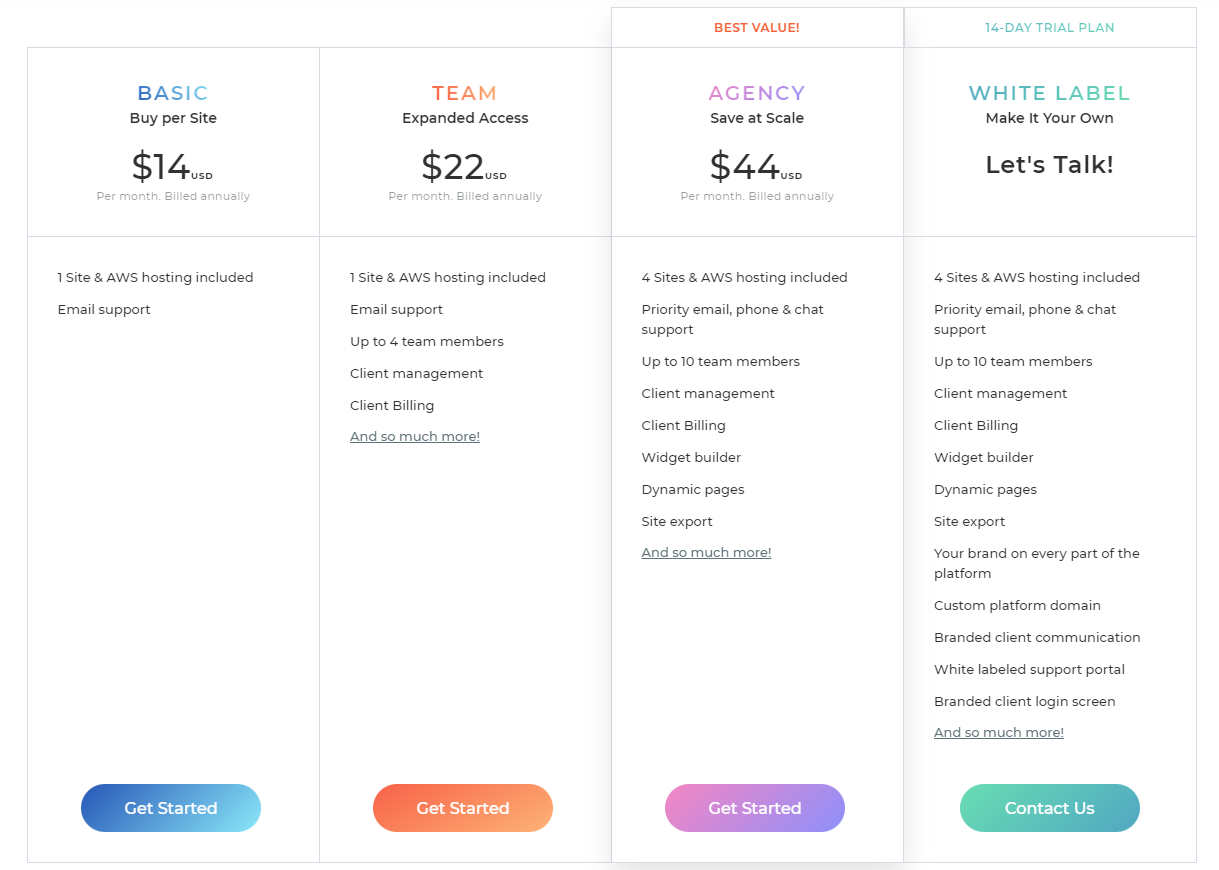
By comparison, Webflow’s price plans are:
- Basic plan is $18 a month
- CMS plan is $29 a month
- Business plan is $49 a month
- Enterprise plan varies
- Free-trial lasts as long as you want (but isn’t live)
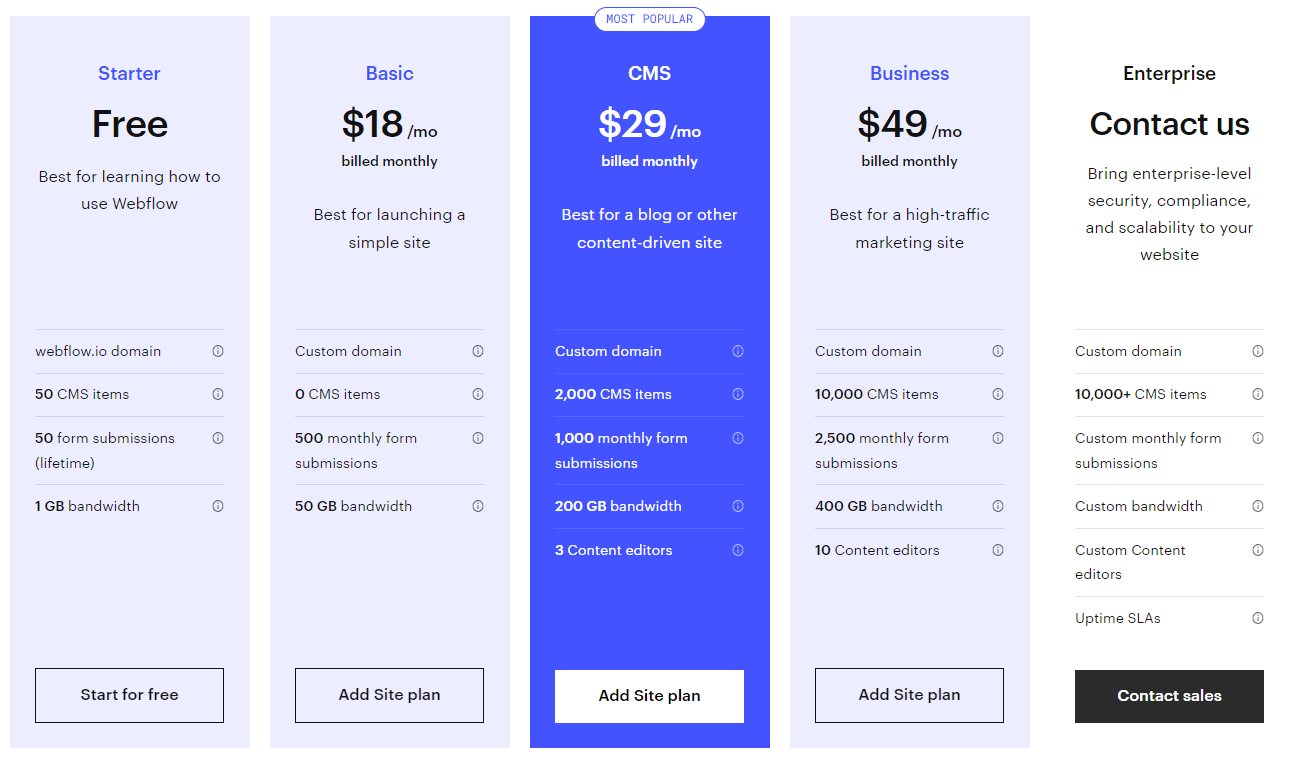
It is vital to note that Duda and Webflow’s offers are not identical in terms of functionality. There are CDN bandwidth differences between the two, as well as additional sites that fall under the same plans. Duda isn’t always $14 per website; instead, it’s $14 for one site and $19 for an additional one under a basic plan. The same thing happens with the Team plan, where it’s $22 for the first site but $13 per additional site.
The site plans are universal for Webflow, but there is a difference between monthly payments and annual payments. The prices listed above are how much you pay per month if you’re under a yearly plan. If you’re interested in a strictly monthly plan, the prices are as follows:
- The basic plan is $15 a month
- CMS plan is $20 a month
- The business plan is $45 a month
- Enterprise plan varies
- Free-trial lasts as long as you want (but isn’t live)
Duda and Webflow Available Platforms
Duda and Webflow work on the same platforms. If you wish to work on mobile devices such as Android and IOS, then both Duda and Webflow work sufficiently. Some people prefer to develop sites for desktops, so they should be pleased to find out that both also work identically on desktop platforms. Duda and Webflow work on Cloud, Mac, and Windows computers rather gracefully.Duda Vs. Webflow: Features
| Feature | Duda | Webflow |
|---|---|---|
| Drag-and-drop website builder | Yes | Yes |
| White-label options | Yes | No |
| Built-in SEO tools | Yes | No |
| Built-in CMS | No | Yes |
| E-commerce capabilities | Yes | Yes |
| Mobile optimization | Yes | No |
| Responsive design | Yes | Yes |
| Custom code capabilities | No | Yes |
| Integrations with marketing/analytics tools | Yes | Yes |
| Collaboration features | No | Yes |
Duda vs Webflow: Integrations
Integration | Duda | Webflow |
Google Analytics | Yes | Yes |
Google Tag Manager | Yes | Yes |
Facebook Pixel | Yes | Yes |
AdSense | Yes | Yes |
Mailchimp | Yes | Yes |
Zapier | Yes | Yes |
Salesforce | Yes | Yes |
Hotjar | Yes | No |
Hubspot | No | Yes |
Intercom | No | Yes |
Duda implements some of the most popular integrations around, such as Paypal, YouTube, and Facebook. If you’re curious to see a full list of what you can integrate into your website using Duda, you should check out their main website. Afterward, click on the Integrations part of the website to find everything you want. As Duda is close-sourced, 3rd party integrations aren’t viable.
By comparison, Webflow is a tad easier to use for integrations. Webflow University is the name of the site where you can find all of the popular and useful integrations. It isn’t strictly better than Duda, but it competes as a viable alternative. These integrations make implementing a responsive website quite easy, especially for acquiring new customers. Ultimately, the integrations aspect of both Duda and Webflow is similar to the platforms aspect because there is no clear-cut winner.
Concluding Thoughts:
At first glance, it might seem as though Webflow is too similar to Duda as a website builder. That isn’t a bad thing in and of itself, but it might be difficult convincing somebody that Webflow is one of the best alternatives to Duda compared to some other options like WordPress. However, it’s mainly in the features department where one can spot numerous differences between the two brands.
One of the most viable ways to look at how Webflow exceeds as an alternative is to see how other reviewers look at it. For your convenience, the aggregate scores of people who use the two brands are as follows:
- 50 Employees or Less: 85% (Duda) vs. 75.3% (Webflow)
- 51-1000 Employees: 9.6% (Duda) vs. 16.5% (Webflow)
- 1000+ Employees: 5.3% (Duda) vs. 8.2% (Webflow)
While it is impressive that Duda tends to have a larger portion of small businesses as their users, Webflow beats them in categories involving bigger companies. As a result, one could argue that Webflow is more efficient to use should you plan to go big.
Webflow might be newer than Duda, but it is undeniably worth checking out if you’re in need of a professional website builder.



